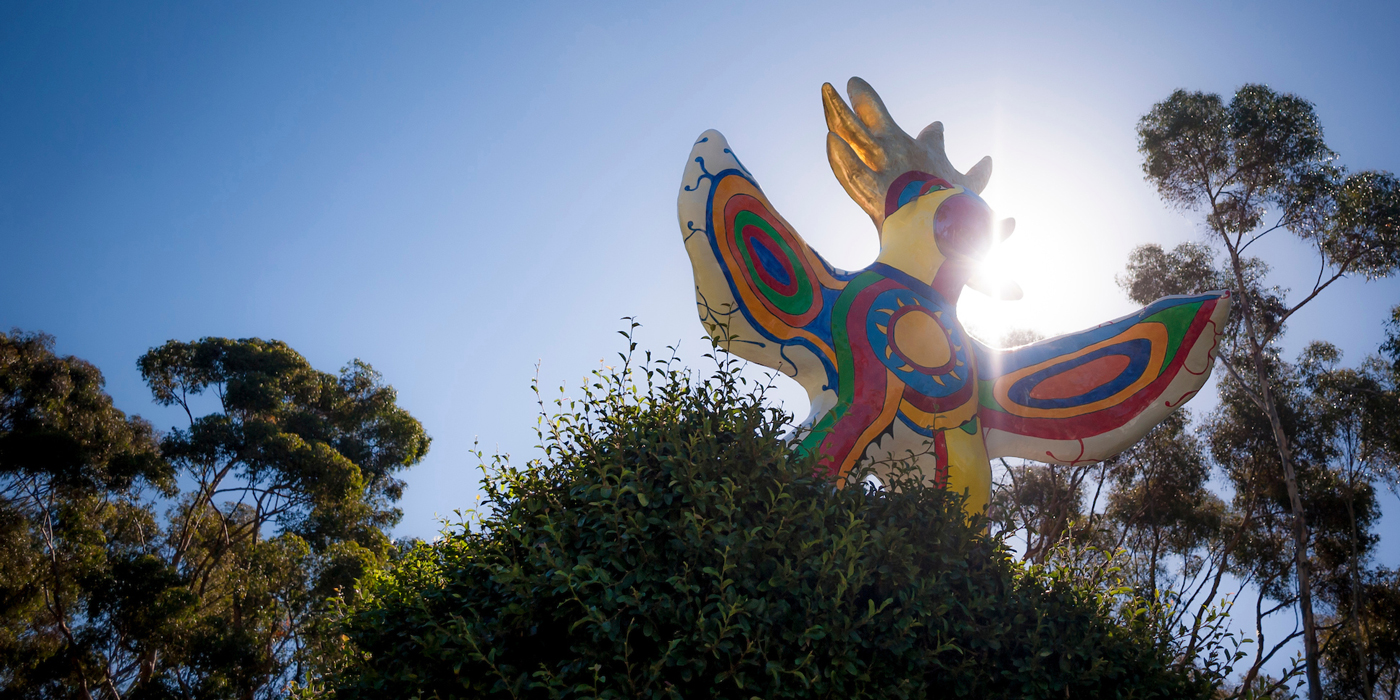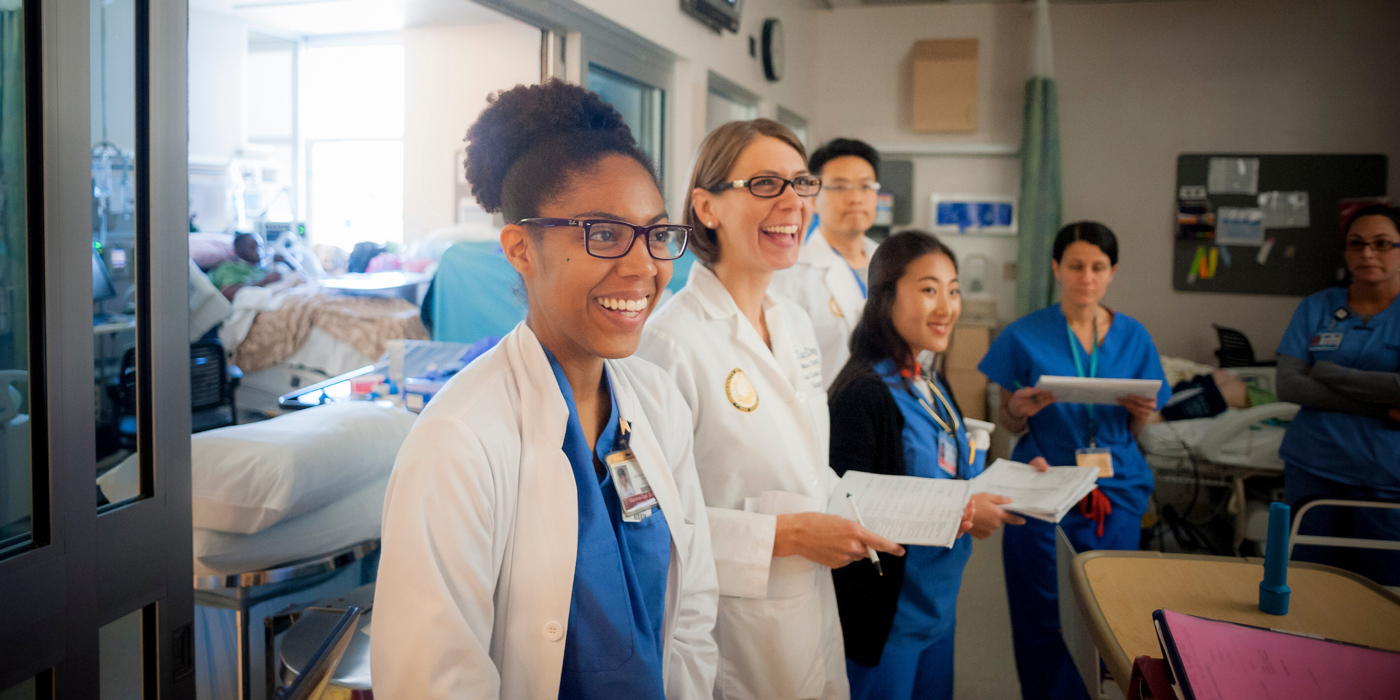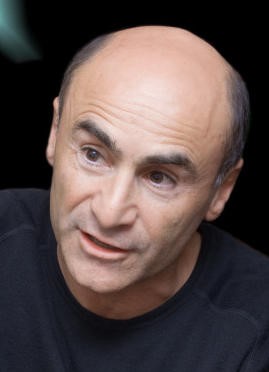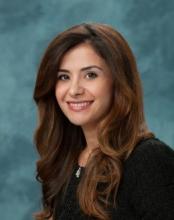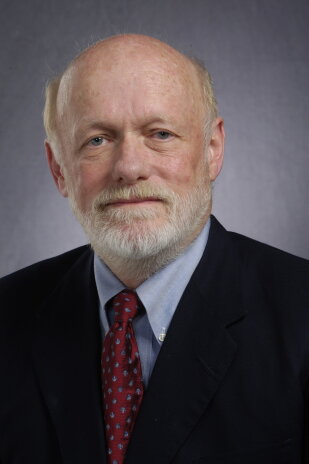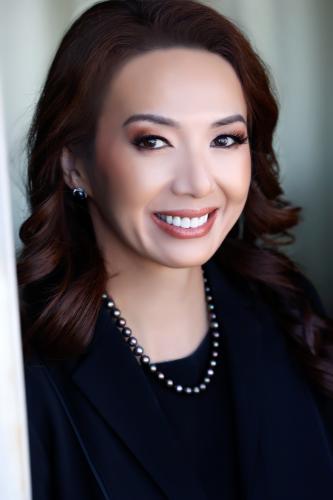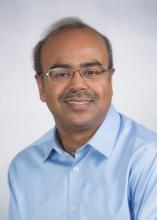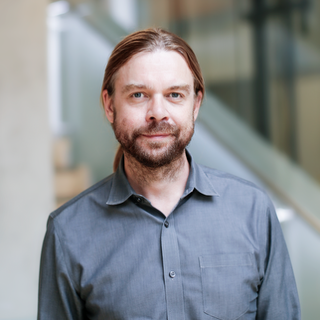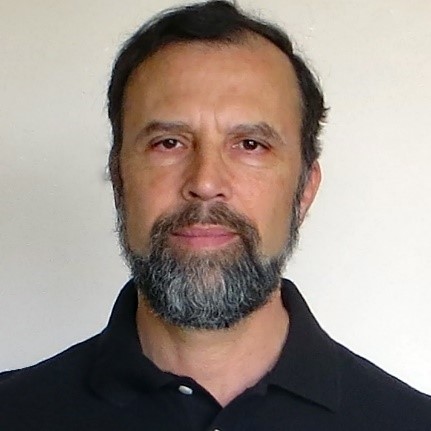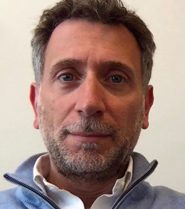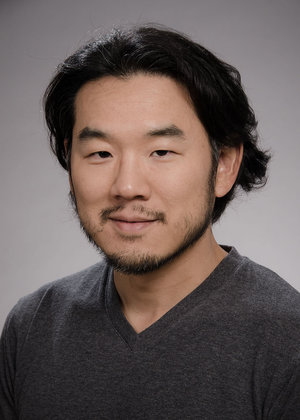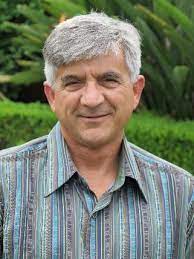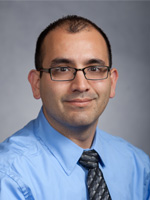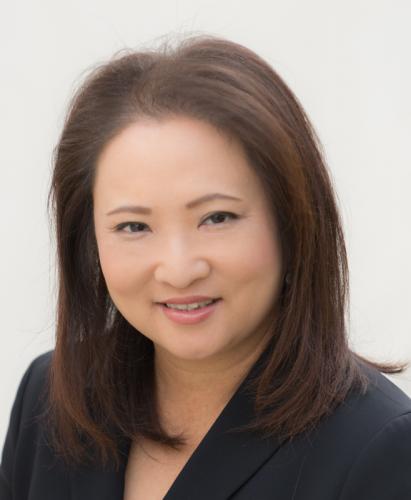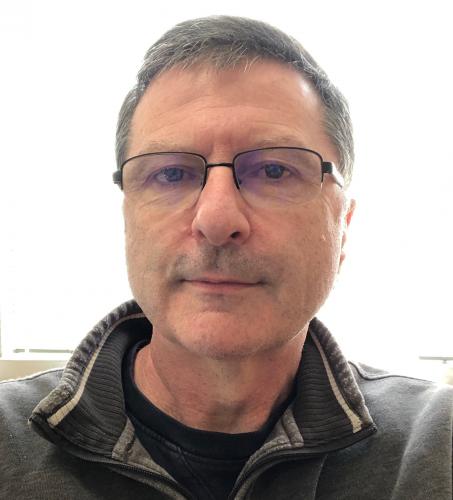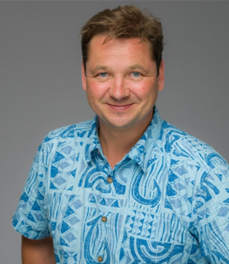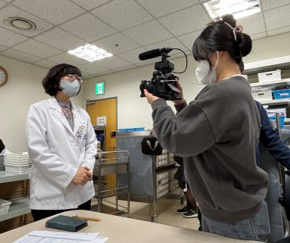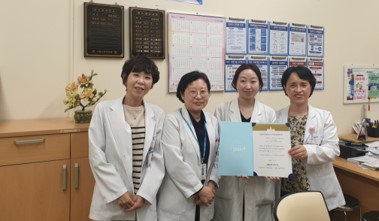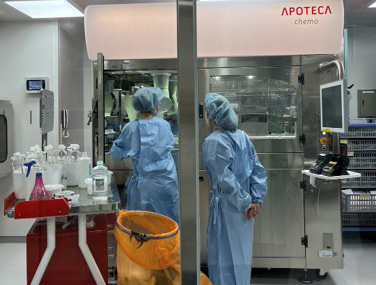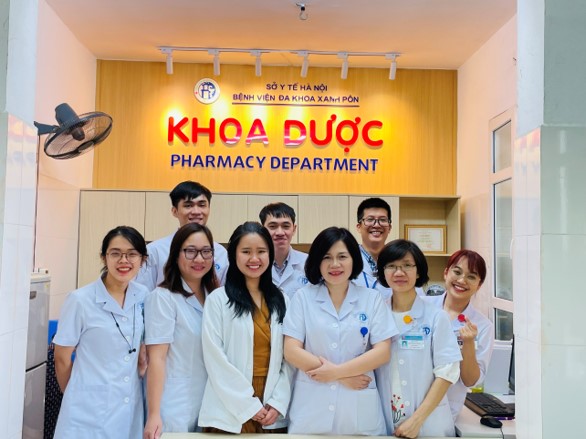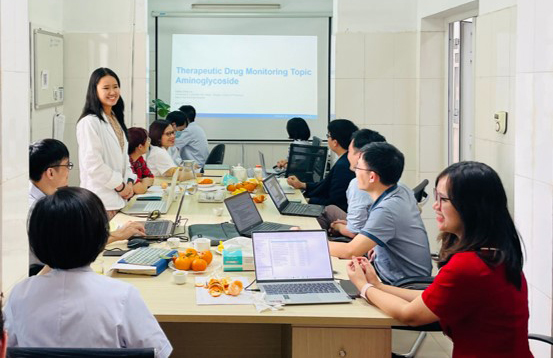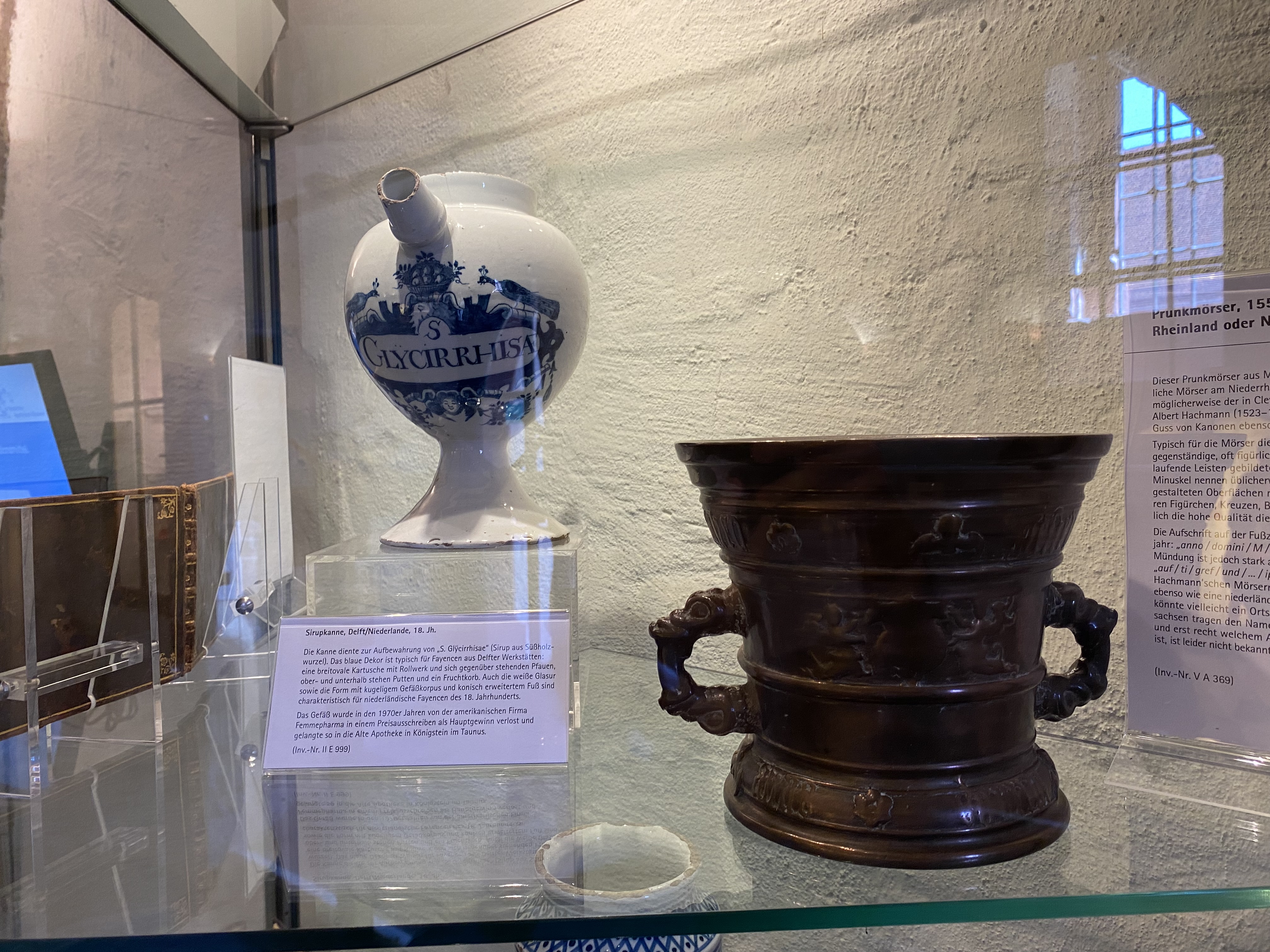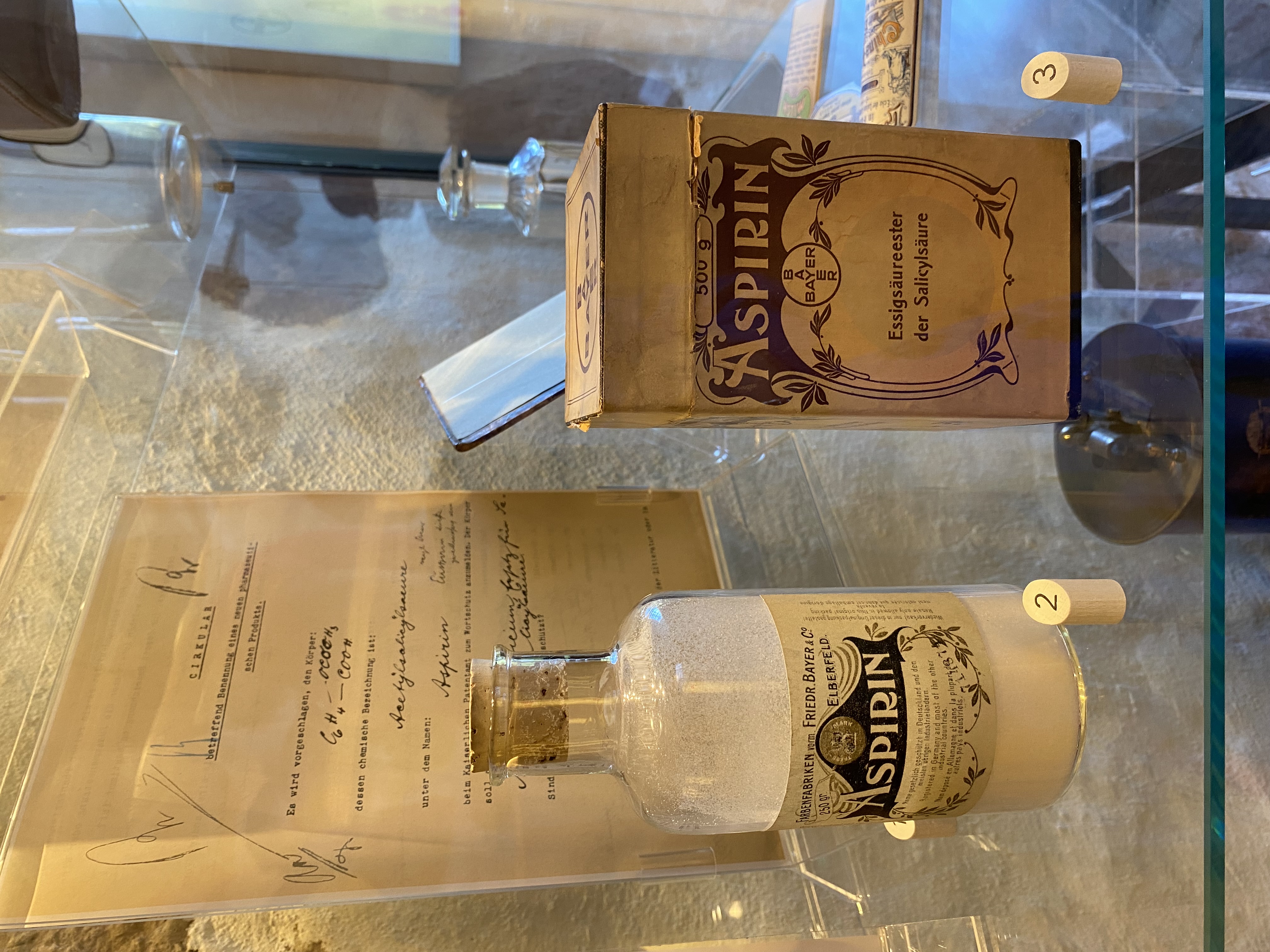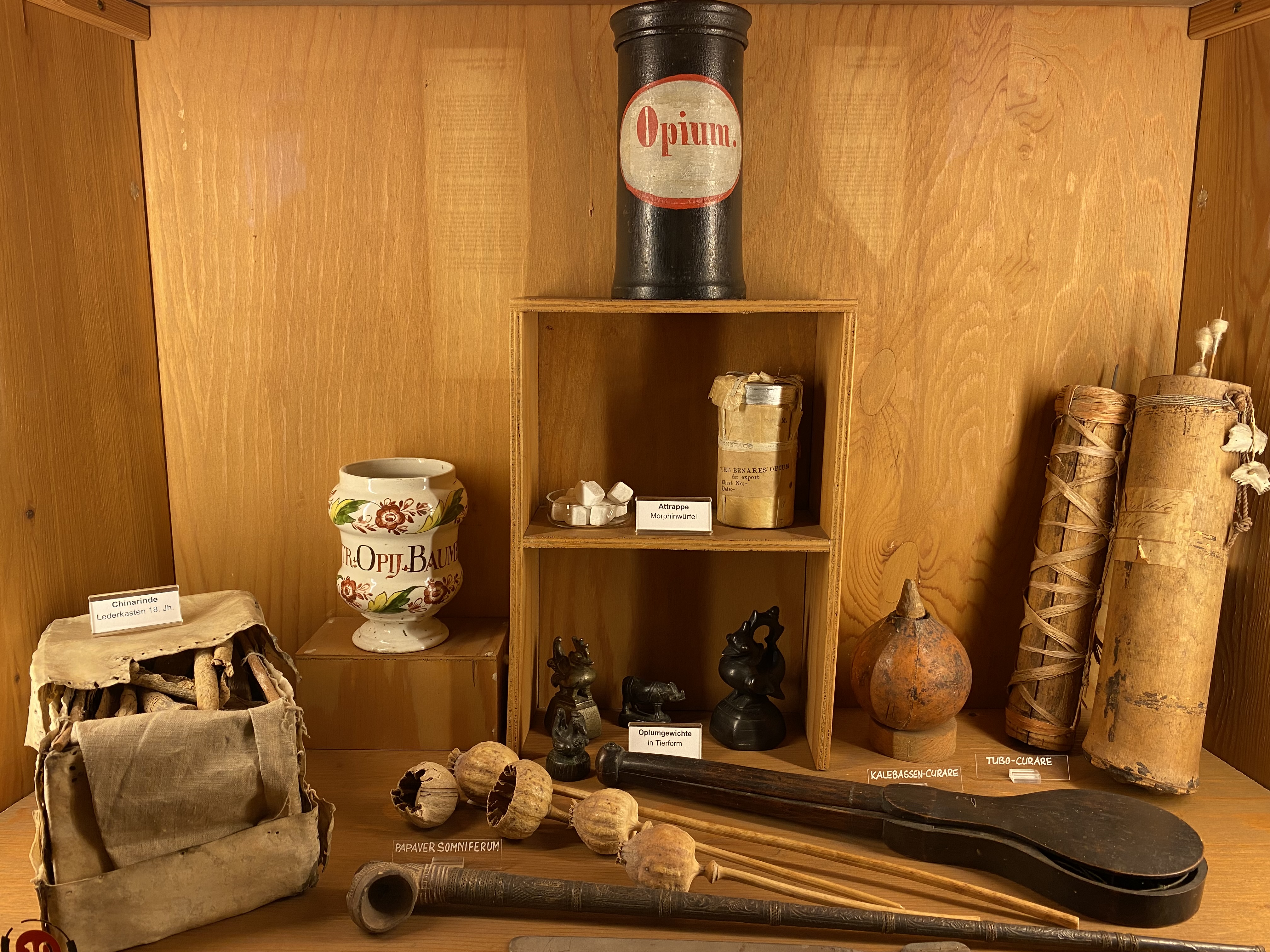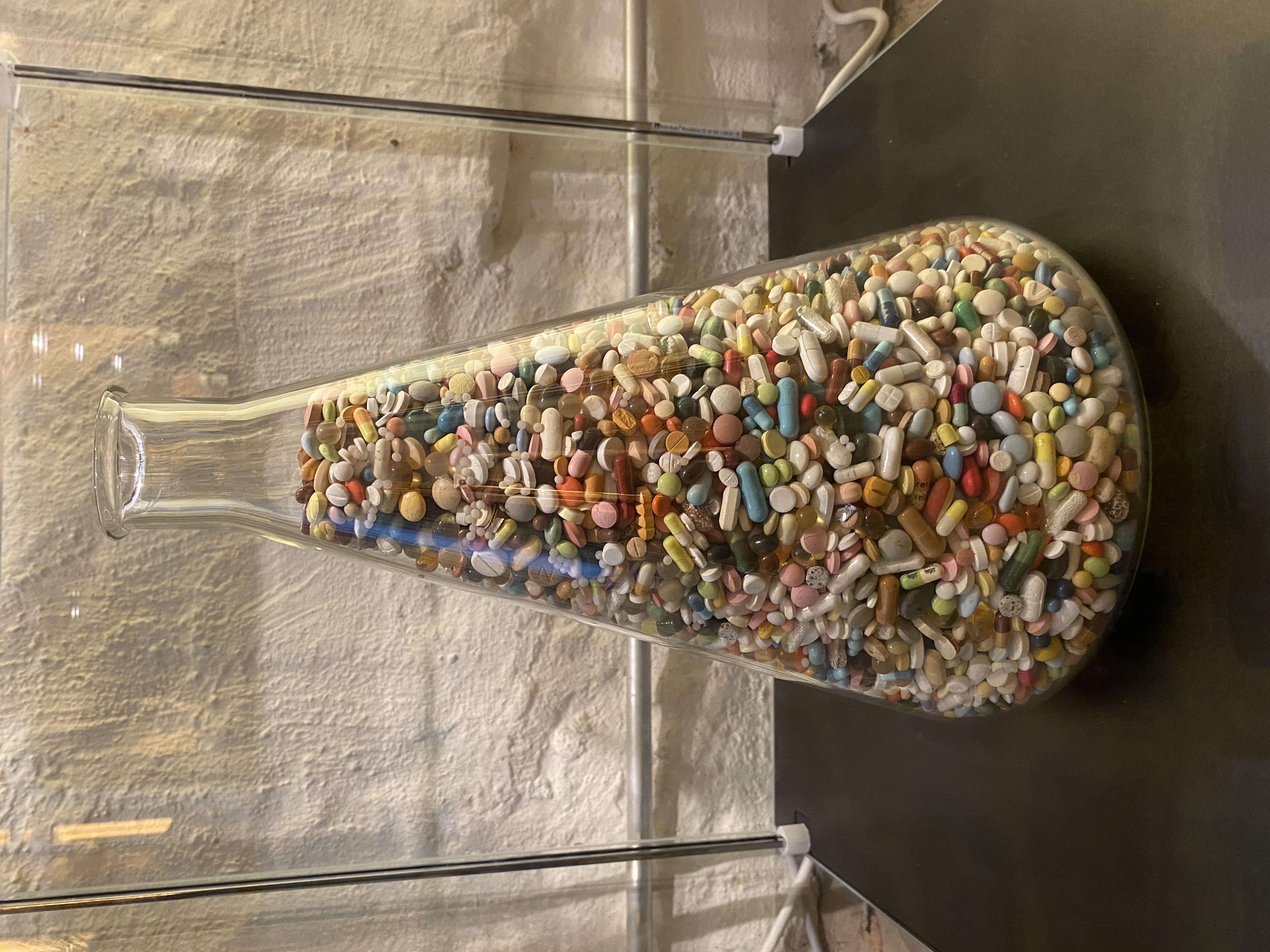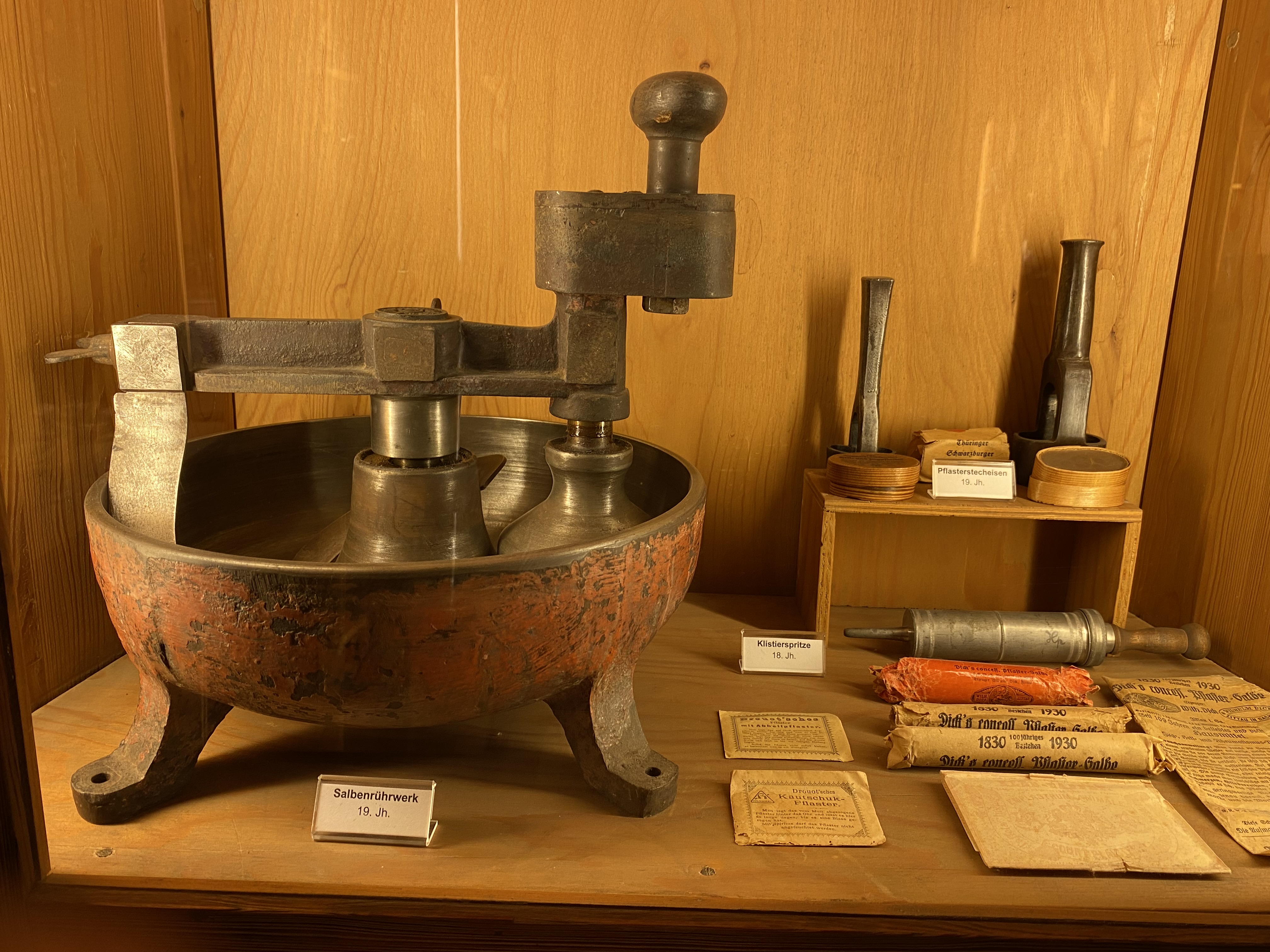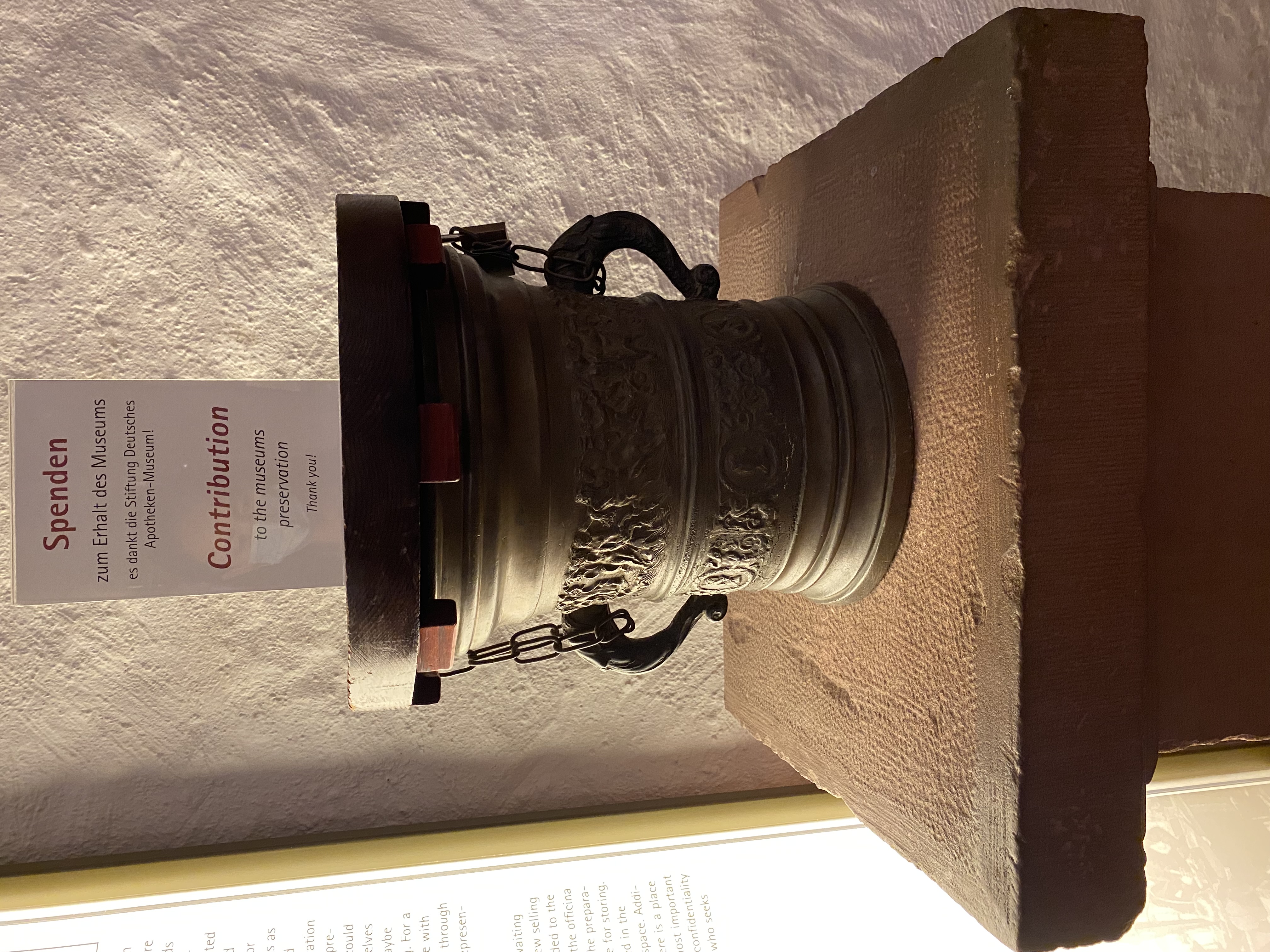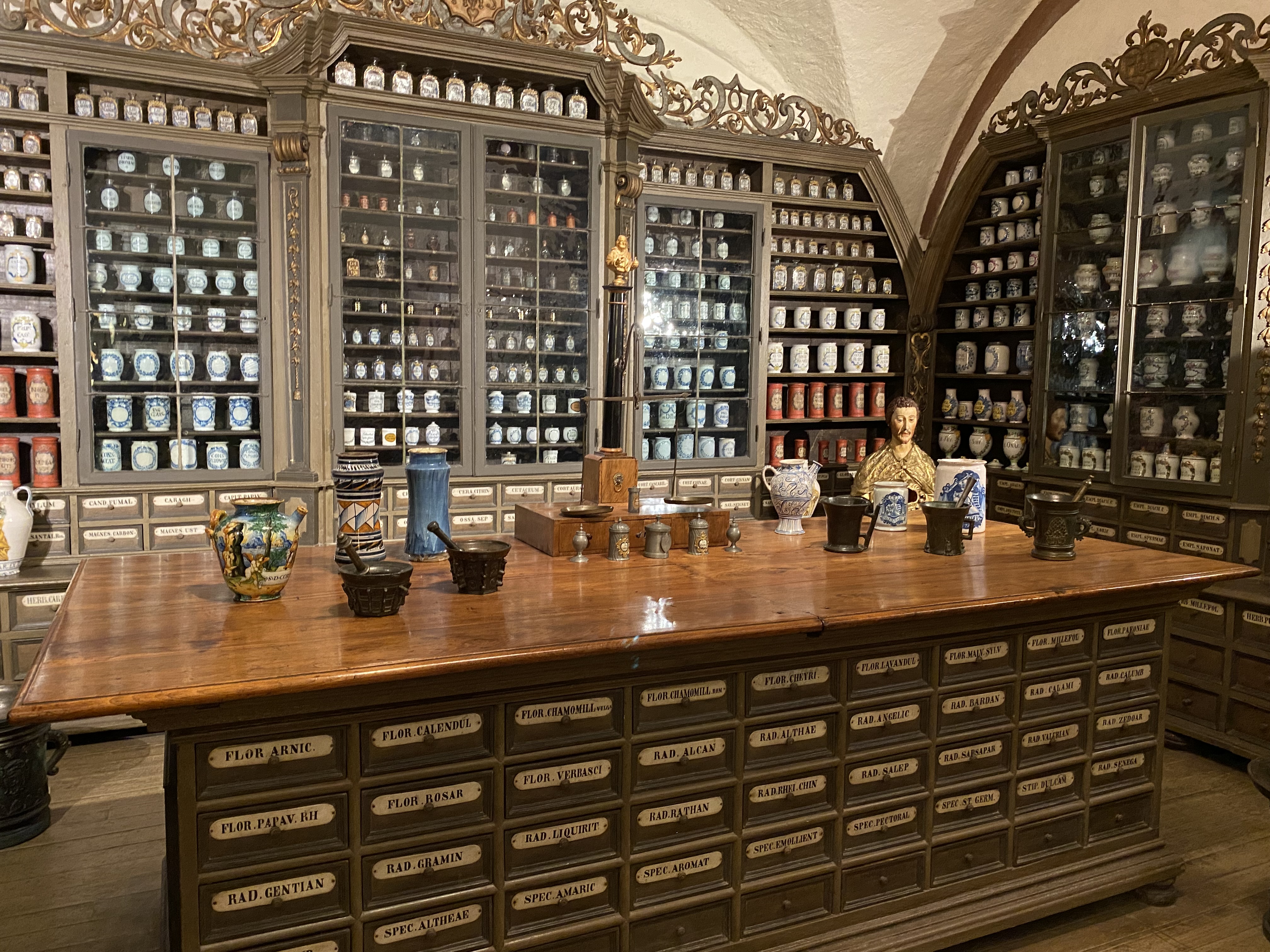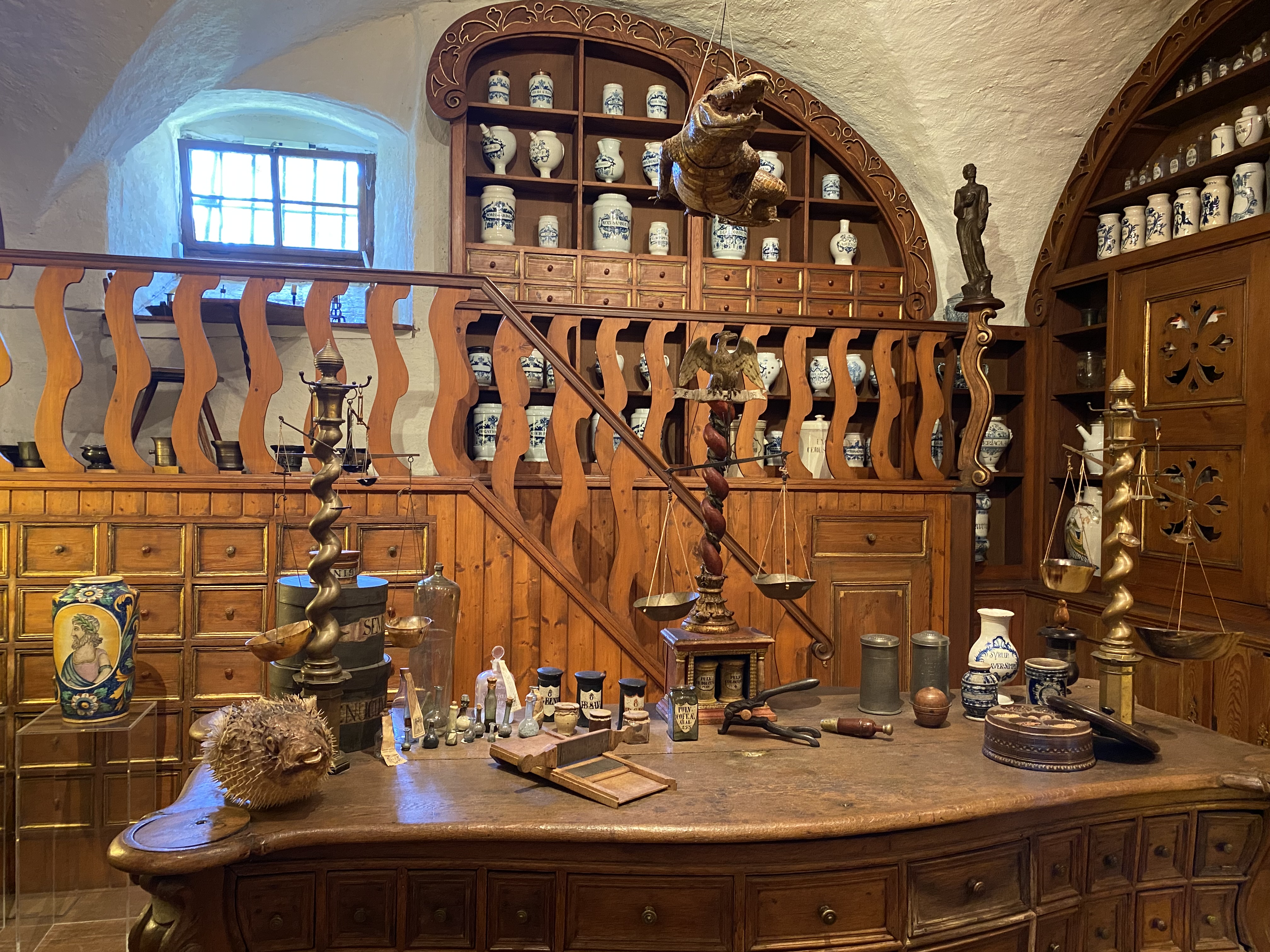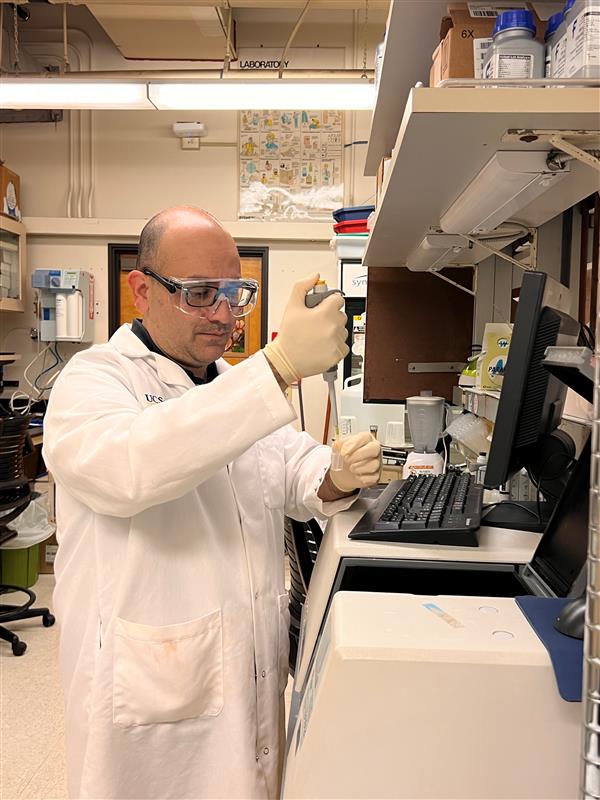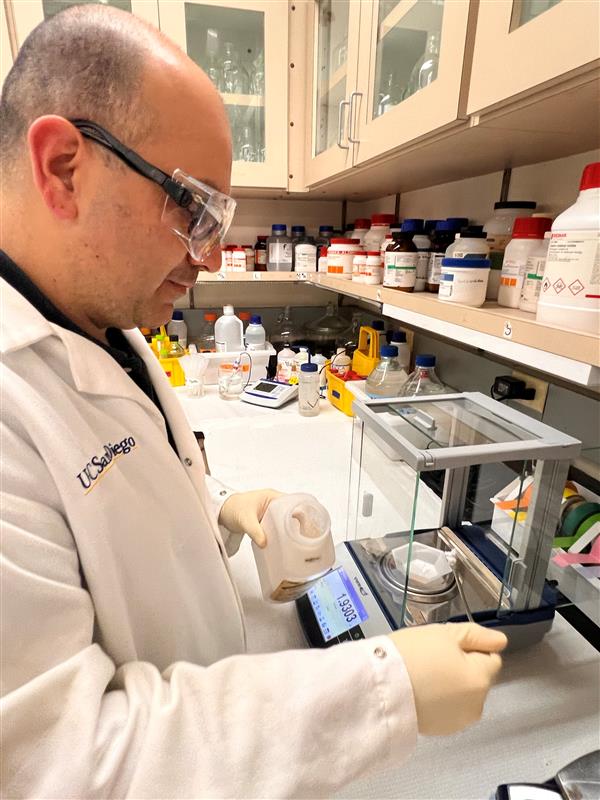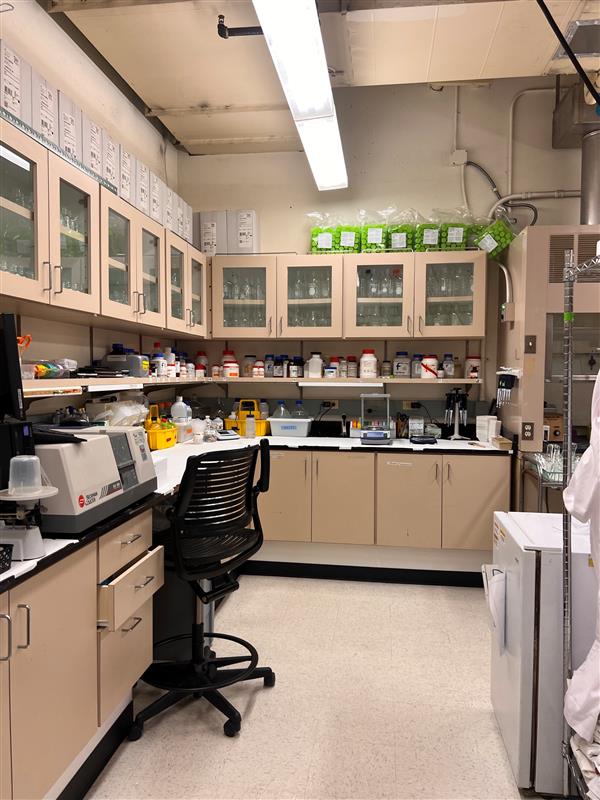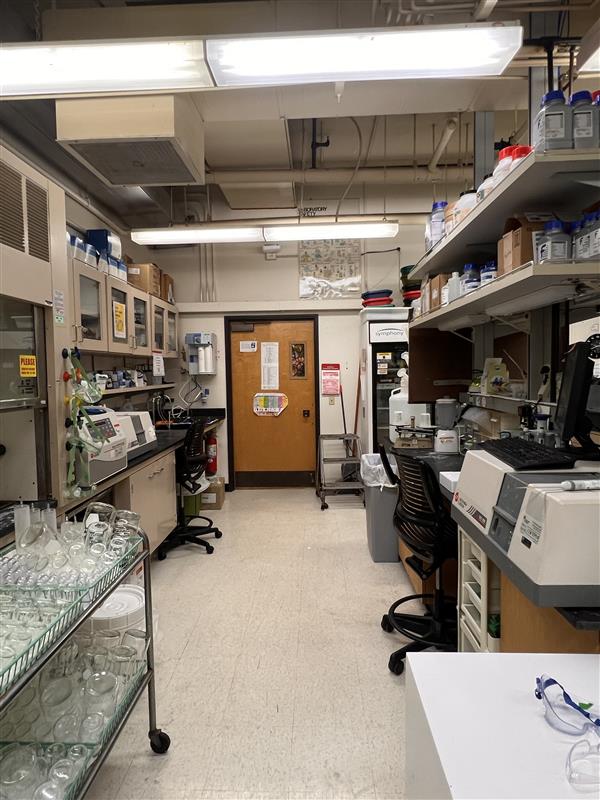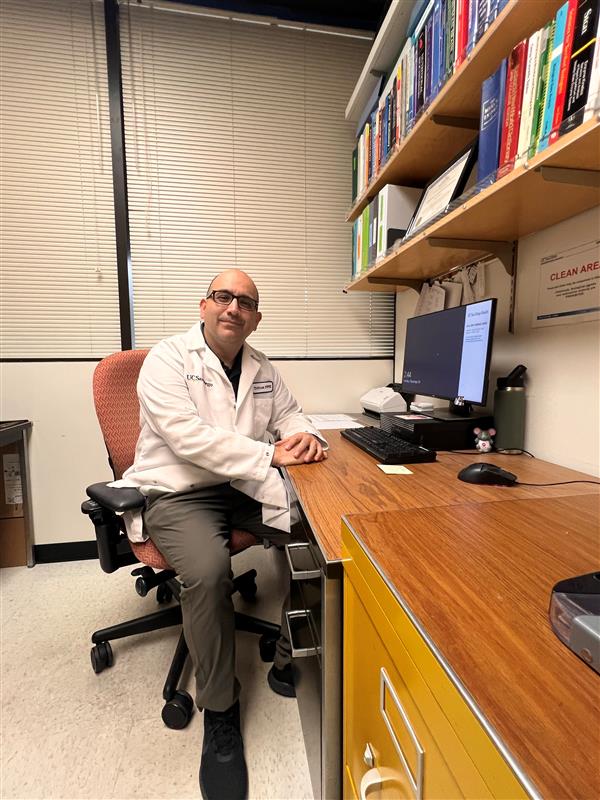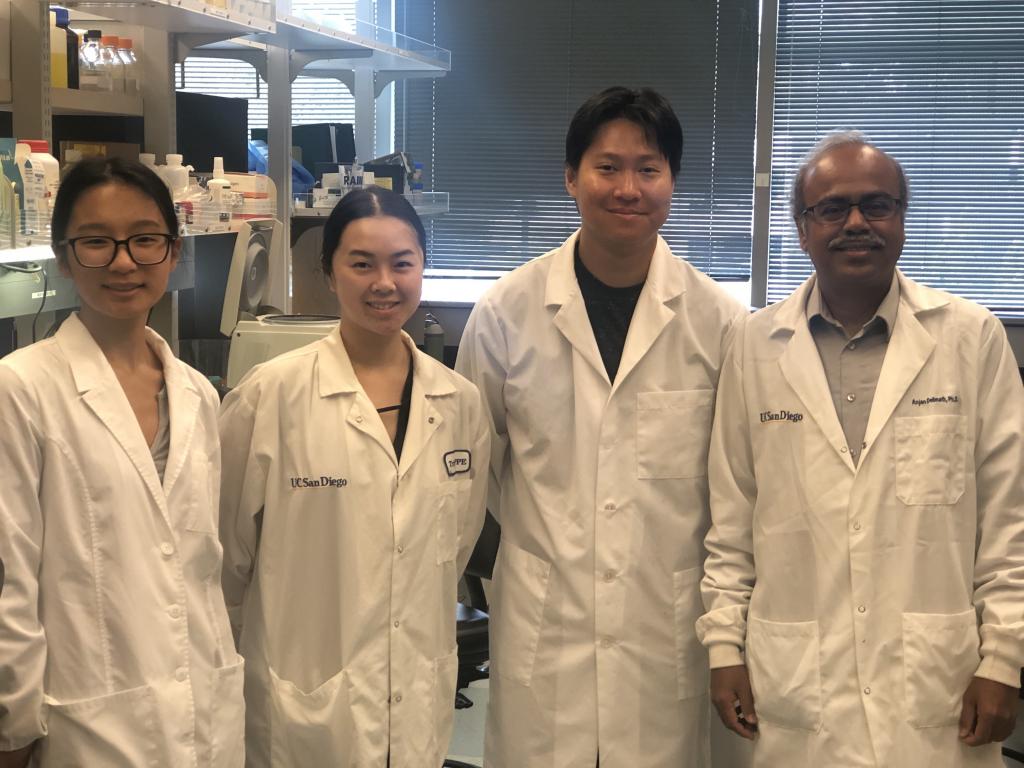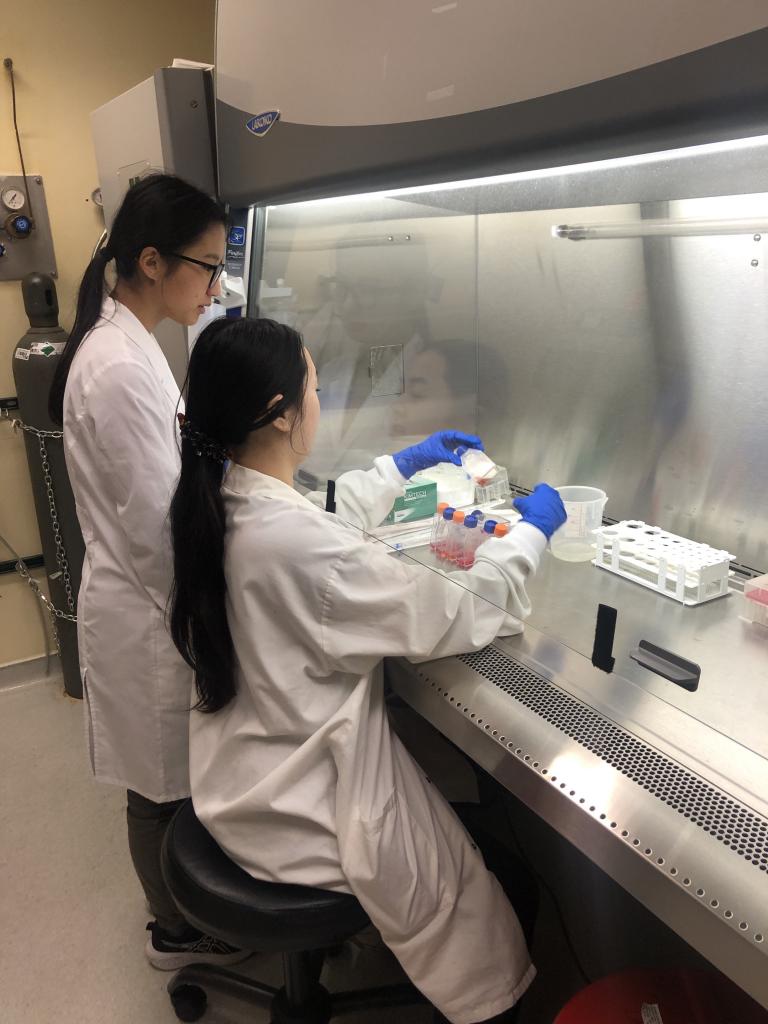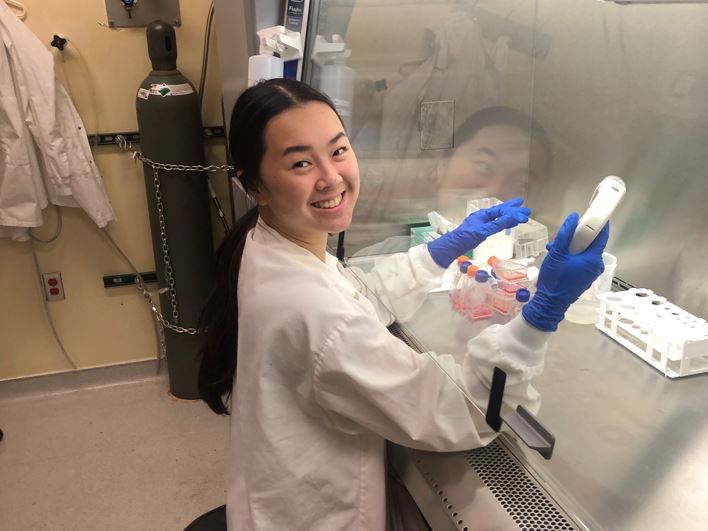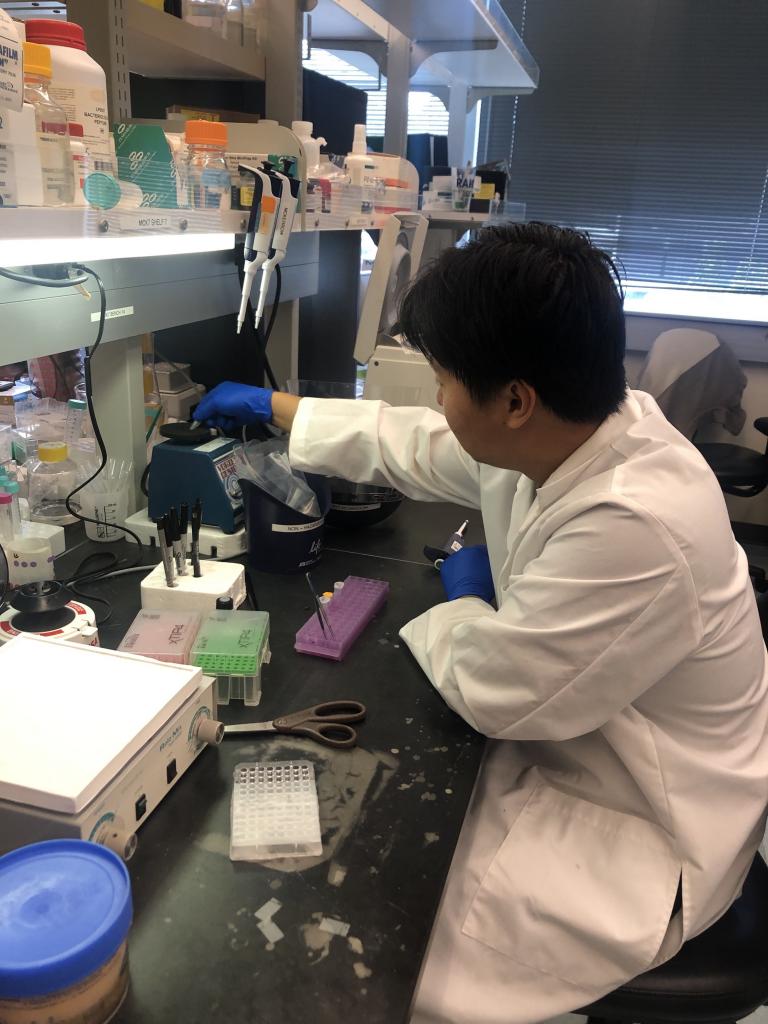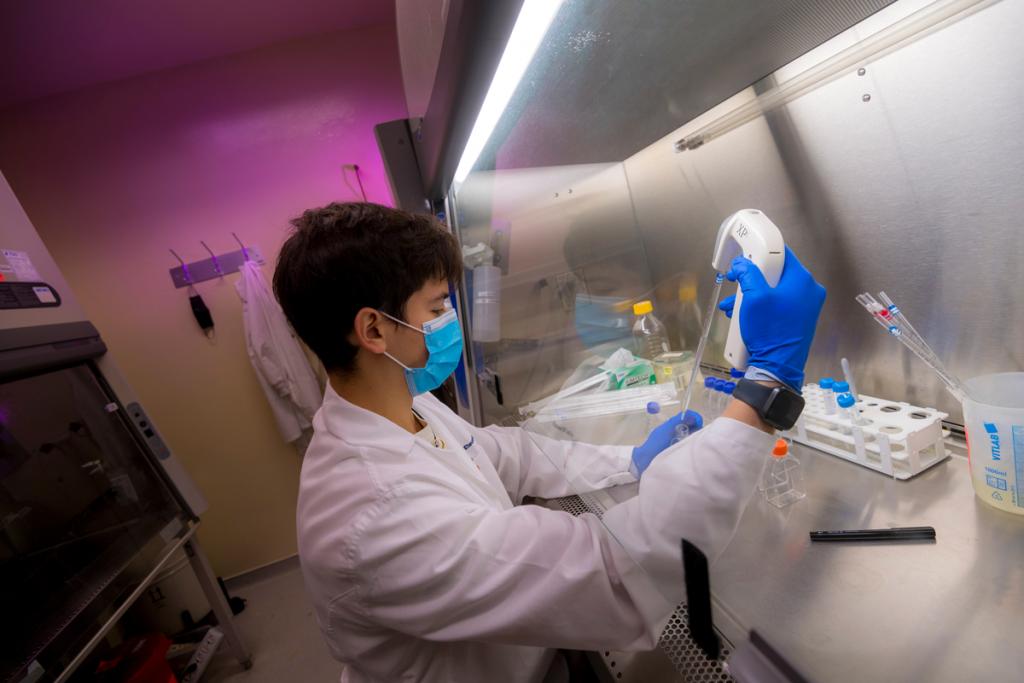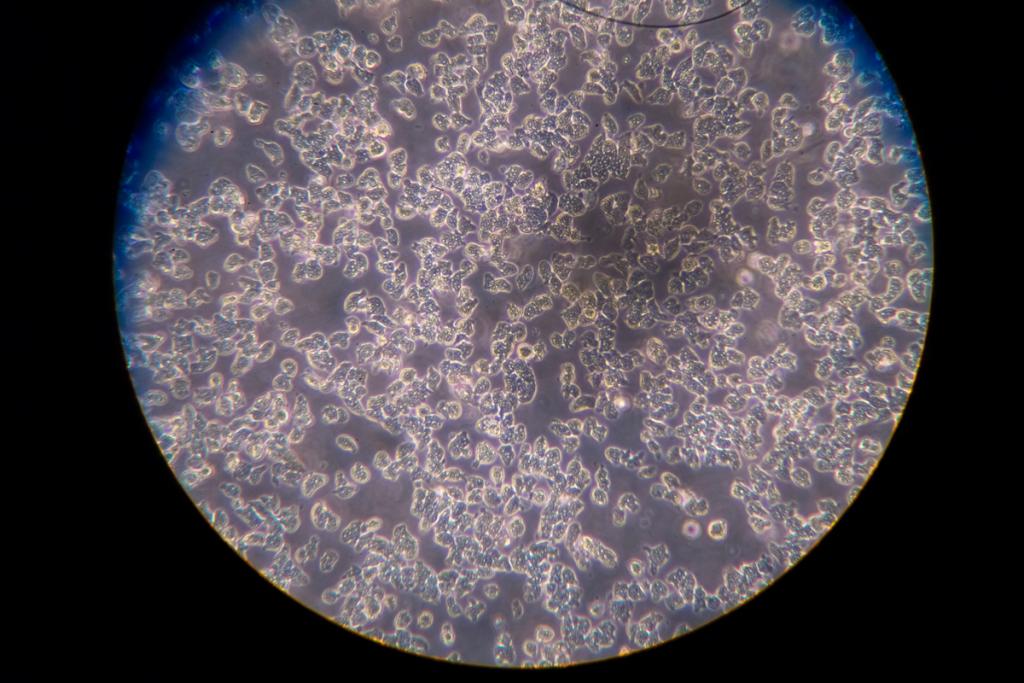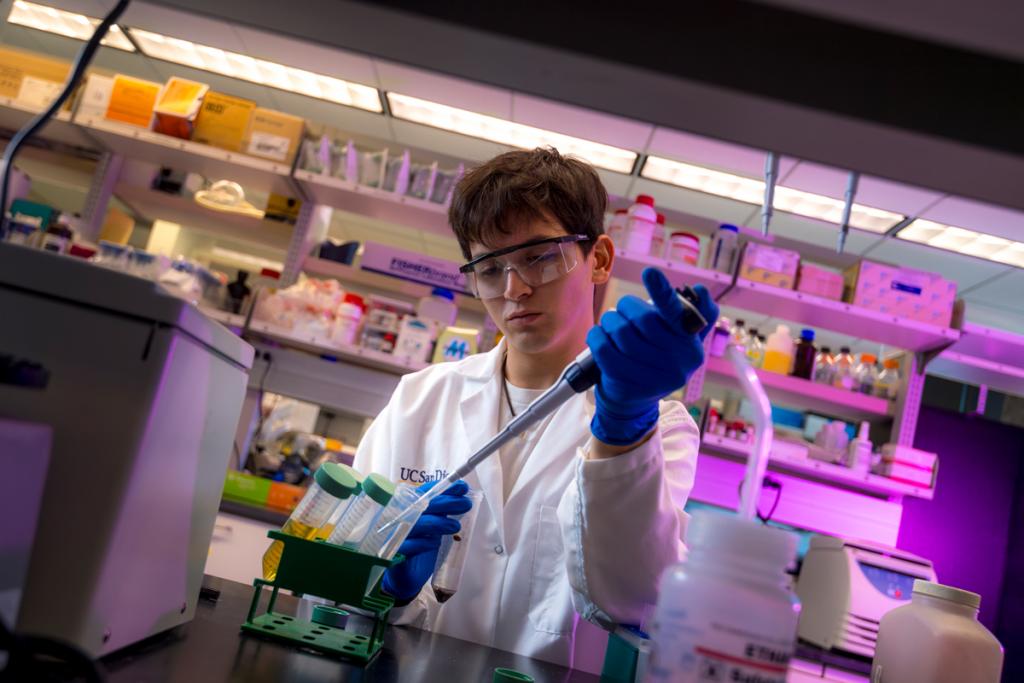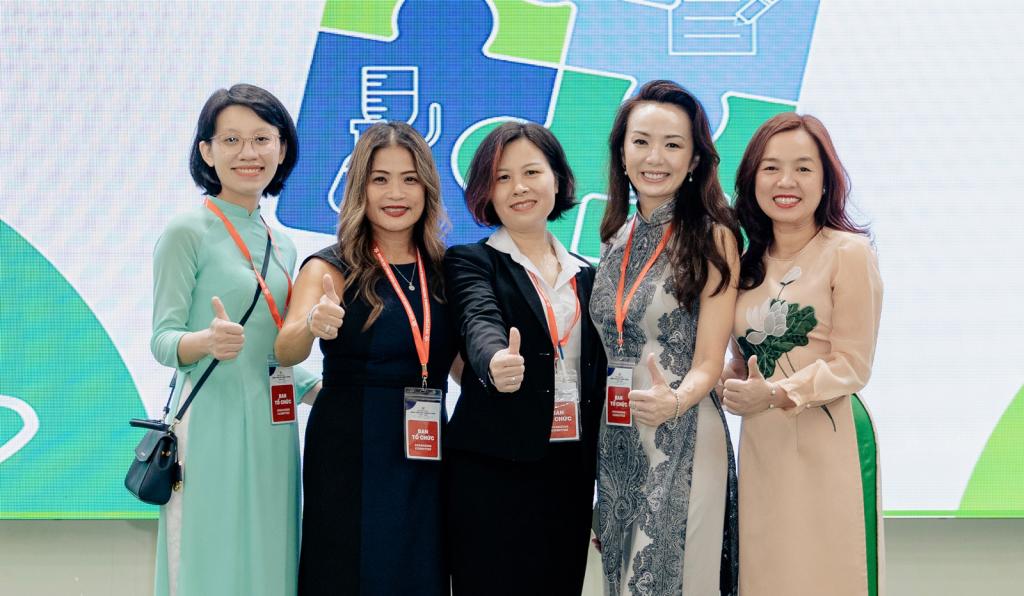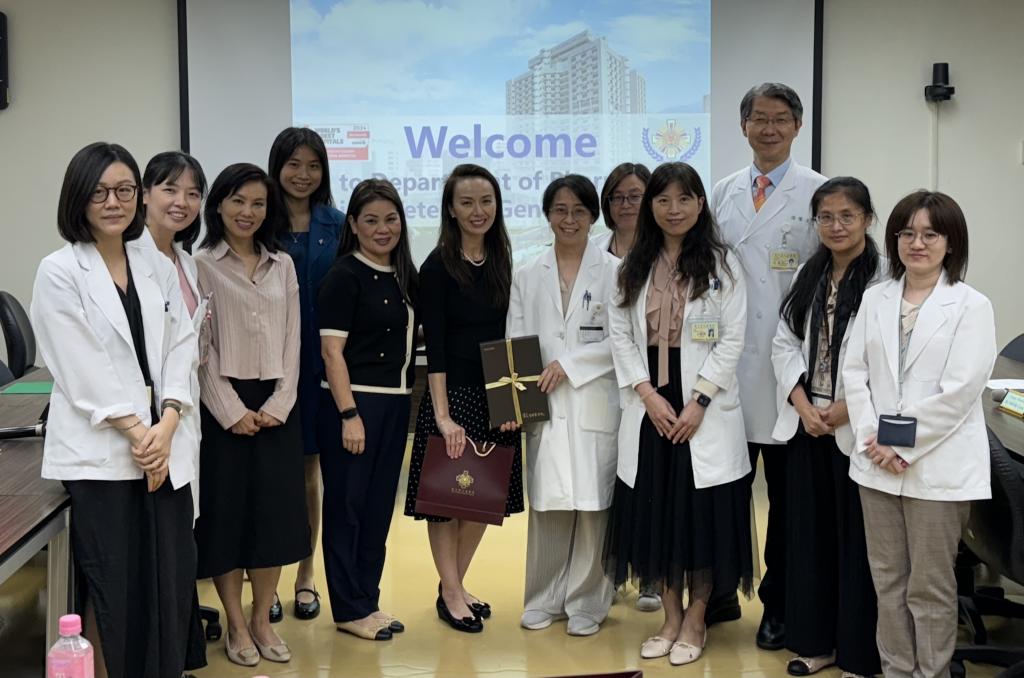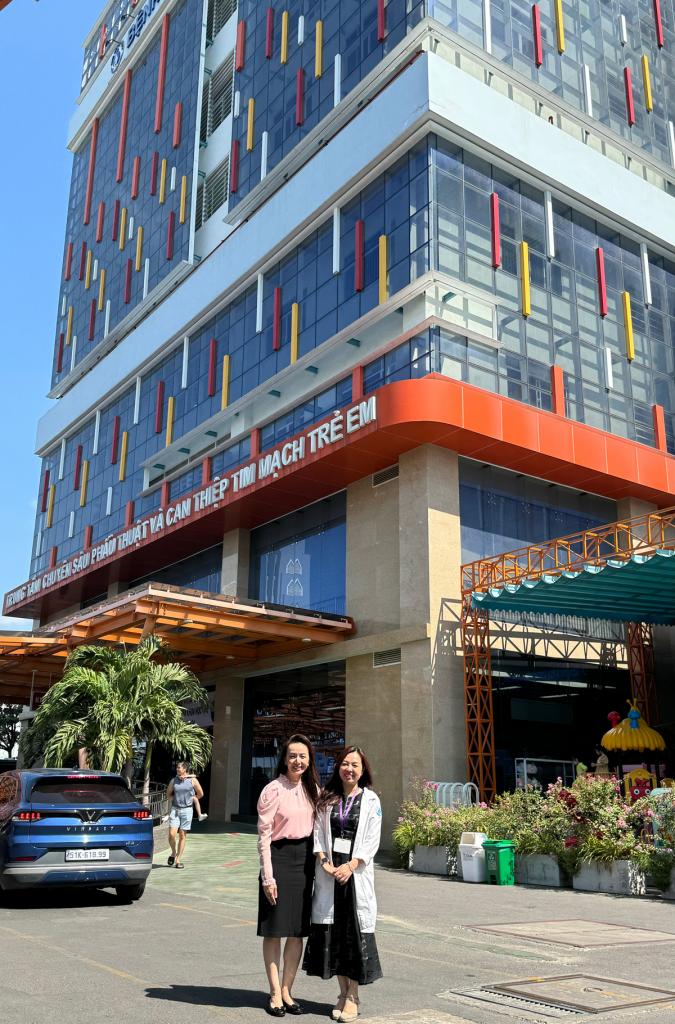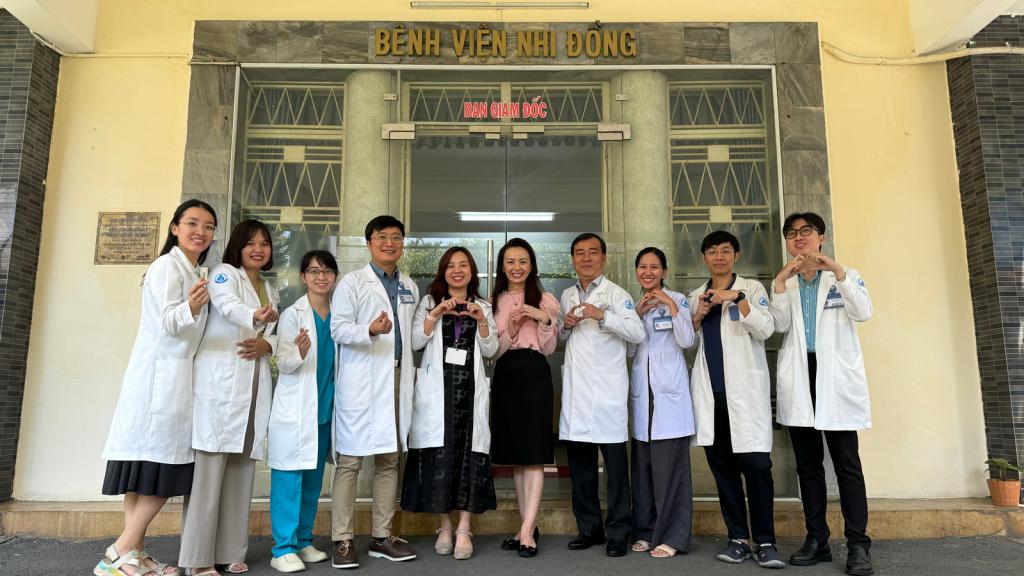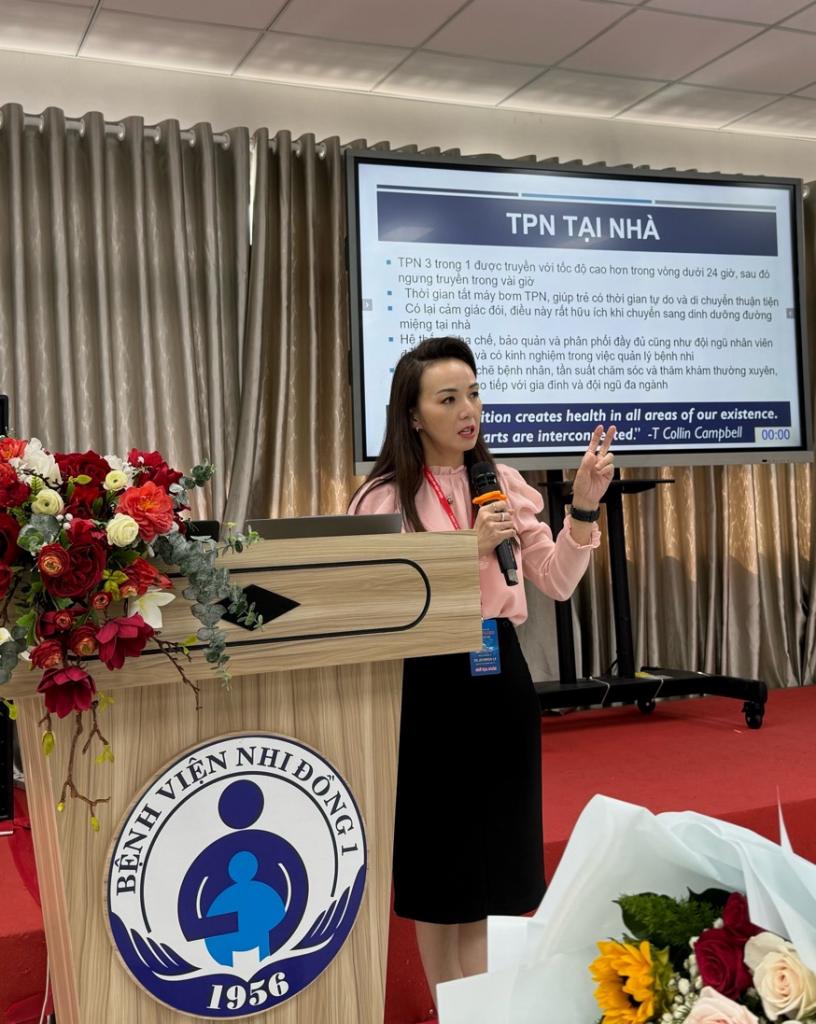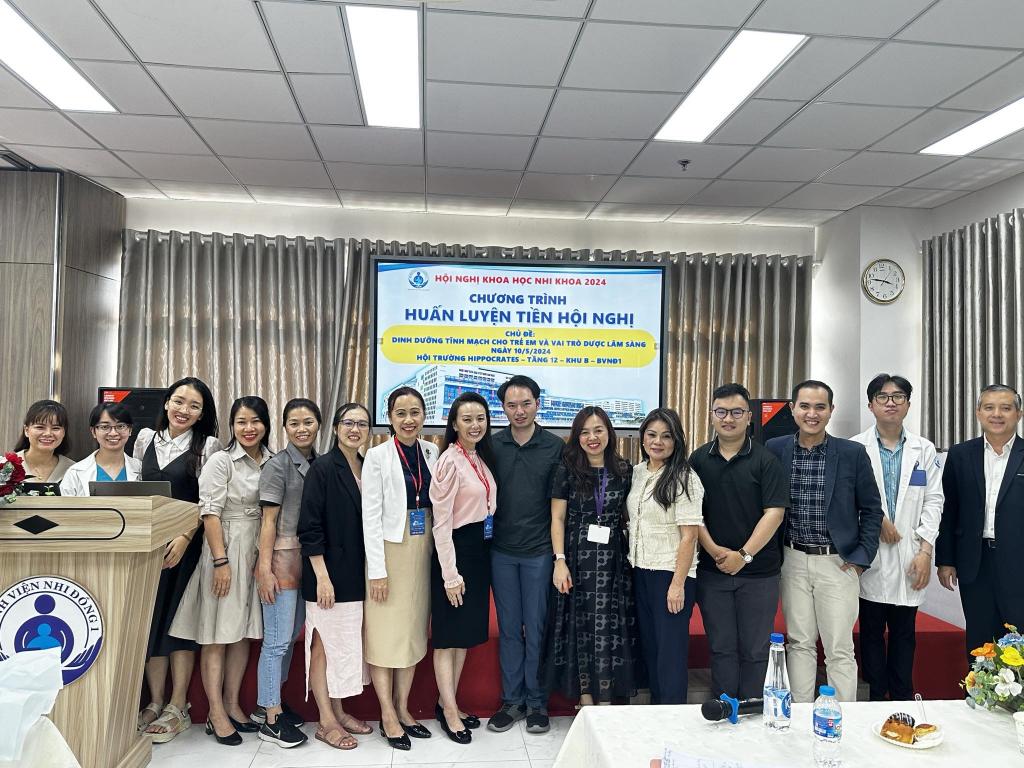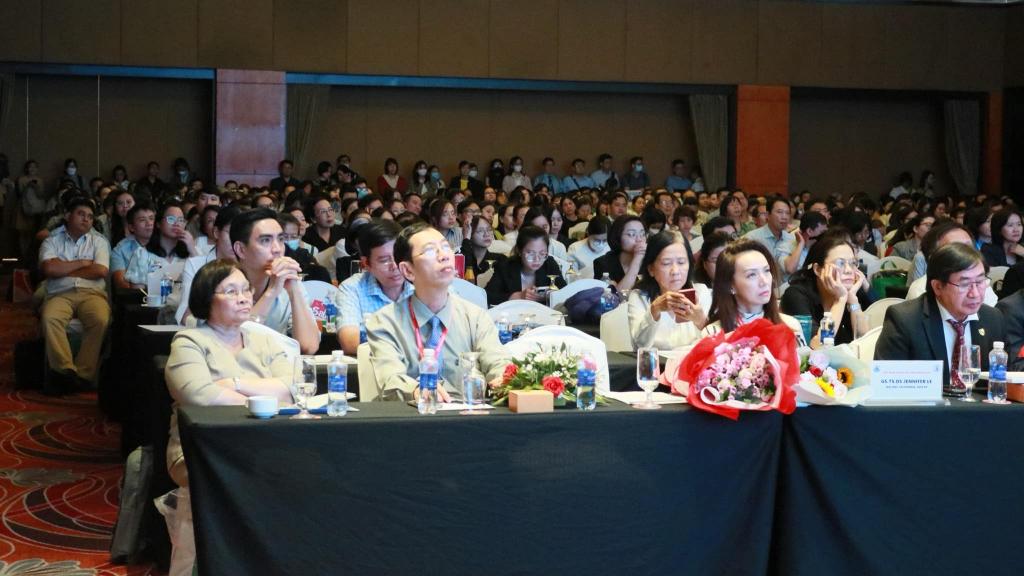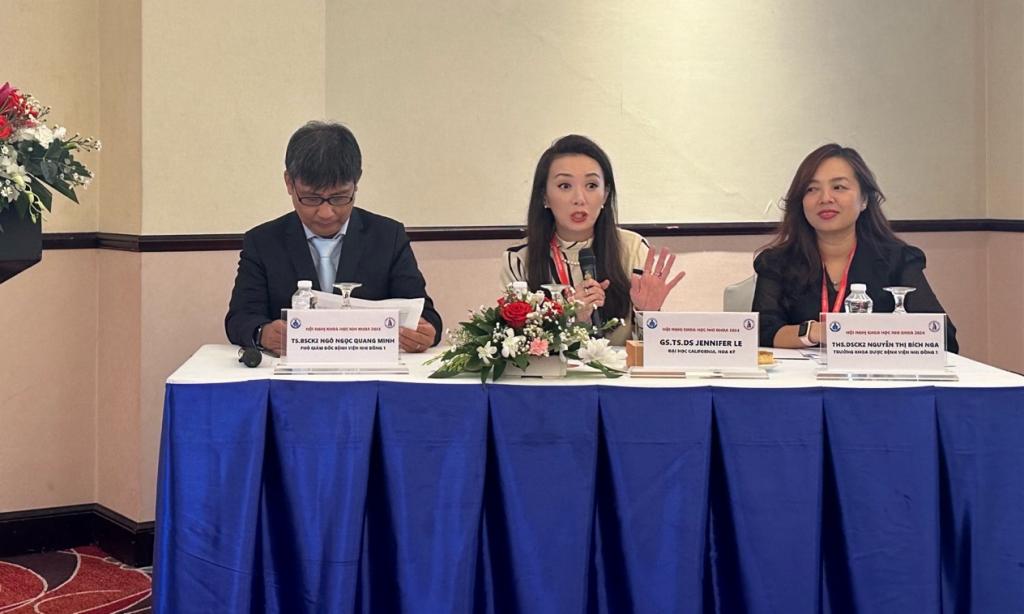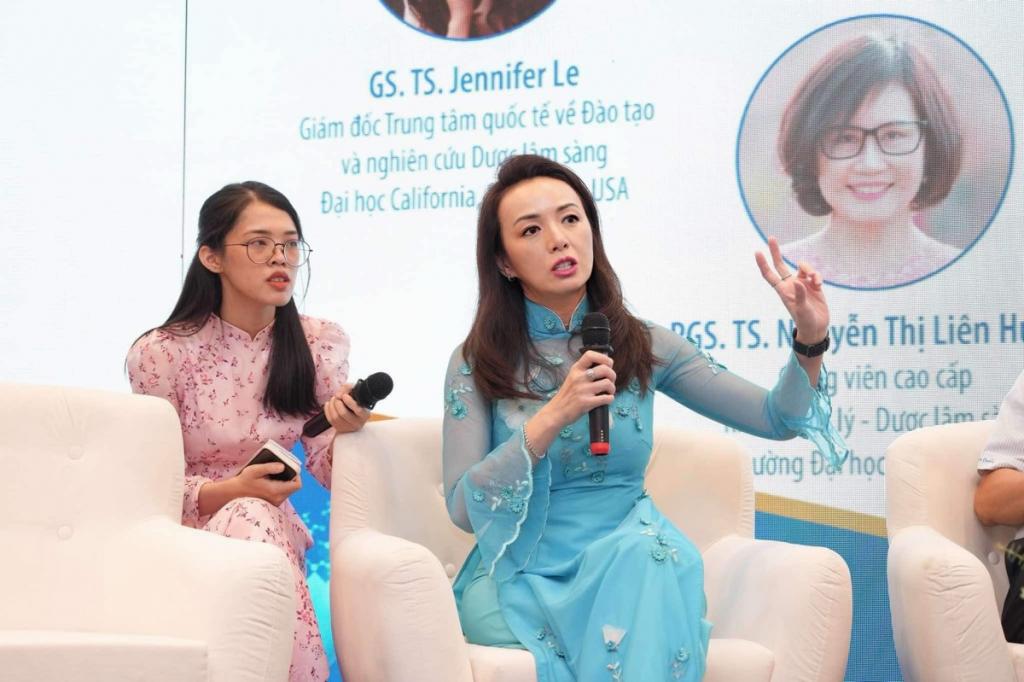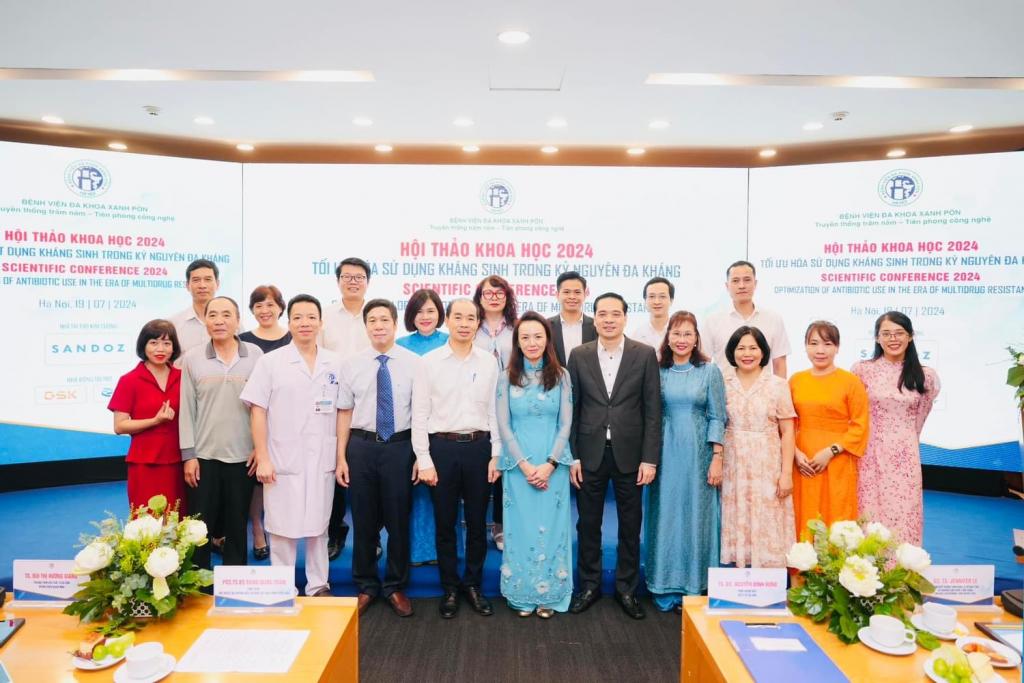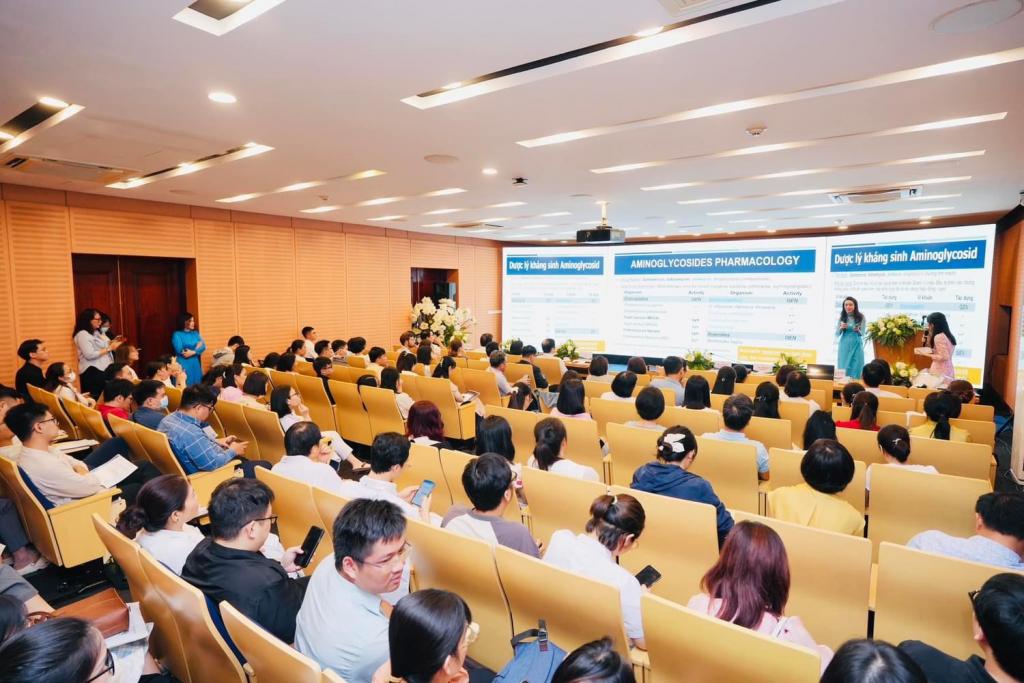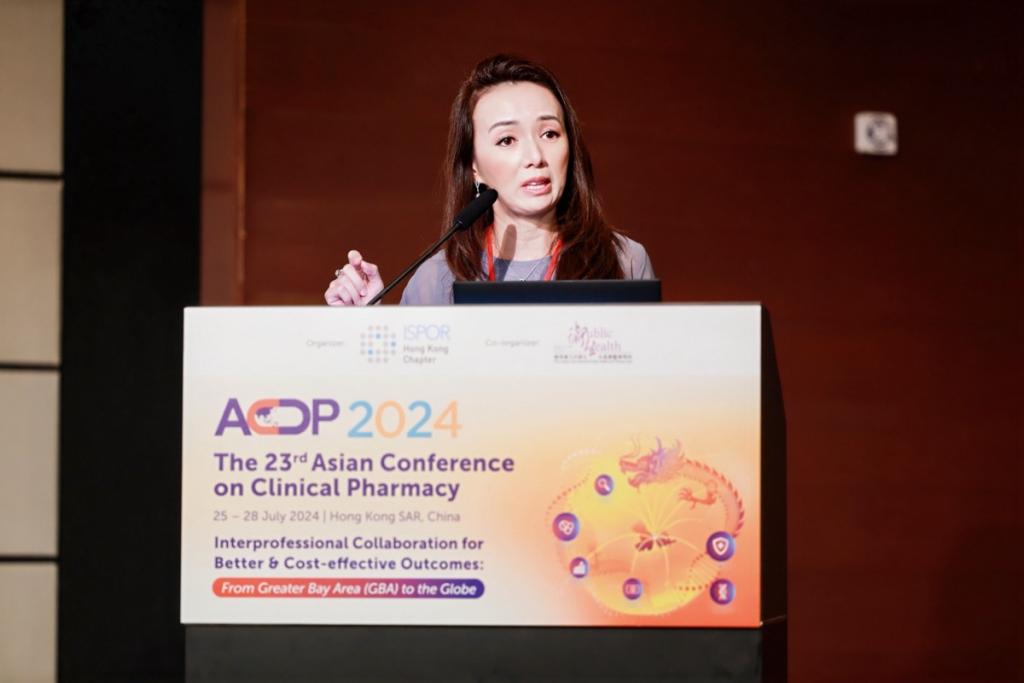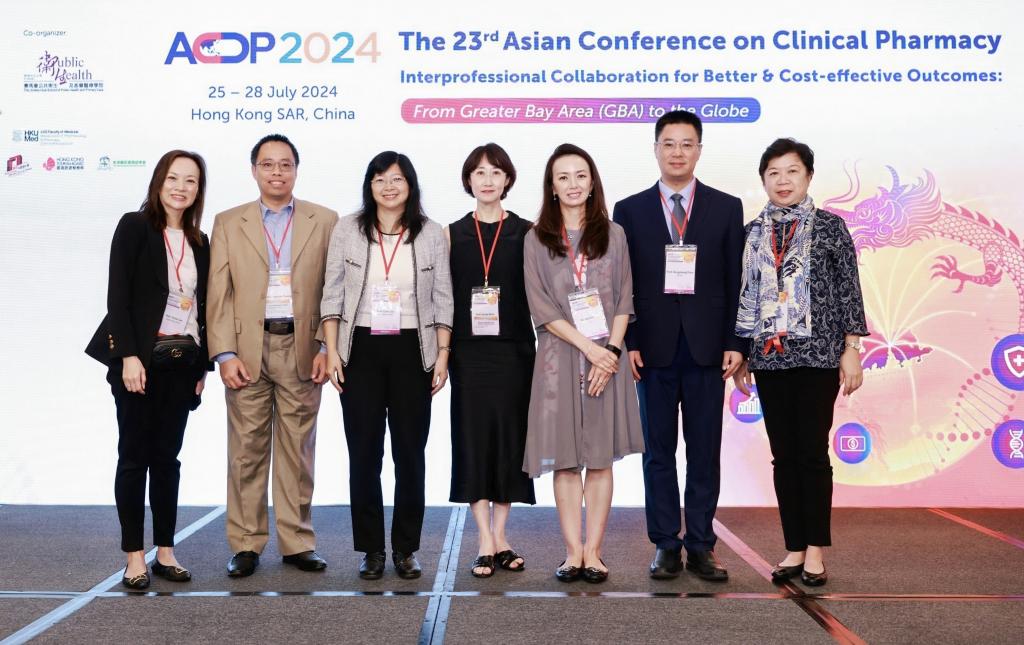The Center on International Pharmacy Education and Research (CIPER) is a standing committee of the SSPPS that serves to promote international pharmacy-related educational, outreach and scholarly activities.
- develops international collaborations in education, service and research
- identifies funding opportunities for supporting students and faculty members
CIPER'S MISSION
In the effort to contribute to global health, the Committee on International Pharmacy Education and Research (CIPER) serves to promote international pharmacy-related educational, outreach and scholarly activities. We are expanding our global reach by offering an extensive array of rotations and training opportunities in pharmacy and pharmaceutical sciences for our international affiliates with students, postdocs and faculty. With over a decade of educational exchange internationally, this program will offer the opportunity for trainees to gain and enhance their skills within our rich academic and research environment that provides doctoral-level training and ranked among the top research-intensive universities in the United States of America.
CIPER Committee Members
- Anjan Debnath
- Eduardo Fricovsky
- Jennifer Le (Chair)
- Christina Mnatzaganian
- Palmer Taylor (Founding Dean)
Contact CIPER
Specific inquiries can be directed to: ciper@health.ucsd.edu
Pharmacy Year 4 – Advanced Pharmacy Practice Experiences (APPE)
- 6-week rotations
- International APPE are considered “Elective” (not Core)
- Patient-care or non-patient-care (lab-based) APPE
UC San Diego Skaggs School of Pharmacy and Pharmaceutical Sciences Curriculum Plan
*Electives: Eleven (11) didactic elective units are required before moving on to the fourth year.
*Third year students must successfully pass the Comprehensive Exam (cumulative) before moving on to the fourth Year.
Students complete five (5) core APPE rotations: One each in Community Pharmacy, Health Systems, Acute Care, and Ambulatory Care. The 5th core rotation must be either Acute Care or Ambulatory Care.
Core APPE
Core APPE
Total Units:
7
7
14
Core APPE
7
Core APPE
7
Total Units:
14
Core APPE
7
Elective APPE
7
Total Units:
14
Elective APPE
7
SPPS 210 Student Research Project
4
SPPS 211D Co‐curriculuar Program IV
1
Total Units:
12
Global Drug Safety Training
We provide onsite training with world-class faculty for 3 months to 2 years to obtain skills in:
Clinical pharmacology
- Microbiome
- Drug discovery and innovation
- Small molecule therapeutics
- Computer-aided drug design
- Toxicology
- Metabolomics
- Health policy
- Pharmacoeconomics
Our faculty educate on research and clinical pharmacy for these diseases:
- Pediatric and adult infectious diseases
- Antimicrobial stewardship
- Tropical diseases
- Amebiasis
- Parasitic diseases
- Cancer therapeutics
- Mental health
- Diabetes
- Liver diseases
Countries: Low-Middle Income Countries including Africa, South America, and Southeast Asia
Faculty Profiles
RUBEN ABAGYAN, Ph.D.
Professor of Clinical Pharmacy
Skaggs School of Pharmacy and Pharmaceutical Sciences
Dr. Abagyan’s research focuses on the development of novel technologies for structure based drug discovery and optimization, structural systems biology for target finding and protein modeling. The lab screens specific biomedical targets to discover new drug leads, and validate them experimentally. The applications include cancer, neurodegeneration, parasitic, viral and endocrine diseases. To extend the reach of docking we model alternative functional states and allosteric pockets of the kinases, GPCRs and Nuclear Receptors. We derived comprehensive sets of ligand pockets (the Pocketome) competing for ligands and metabolites in different organisms. These data are used for target identification and multi-target pharmacology profiling. We dock drugs, leads and environmental chemicals to the ‘anti-target’ models to predict endocrine disruption and other adverse effects. We also identify new promising uses of existing drugs on the basis of the multi-target pharmacology. He trained pharmacy students and pharmaceutical researchers from France, Austria, Germany, Switzerland, Italy, Czechia, Armenia, China, South Korea, Pakistan, Philippines, and India.
Minimum Duration: 1 year
LINDA AWDISHU, PharmD, MAS
Professor and Division Head, Clinical Pharmacy
Skaggs School of Pharmacy & Pharmaceutical Sciences
Dr. Awdishu specializes in kidney disease and transplantation. Her research is focused on the pharmacokinetics of drugs in kidney disease and dialysis. She is developing electronic health record clinical phenotyping of drug induced kidney injury. She studies biomarkers and pharmacogenomic predictors of drug induced kidney injury.
Minimum Duration: 1 year
PALMER TAYLOR, Ph.D.
Sandra and Monroe Trout Professor of Pharmacology
Founding and Emeritus Dean
Skaggs School of Pharmacy & Pharmaceutical Sciences
Dr. Taylor’s research has employed spectroscopic physical methods, X ray crystallography, sequence and three-dimensional structural determinations to investigate the principles of molecular recognition. As the Founding Dean, he initiated our international exchange for his foresight in global health and humanitarian interest to broaden cultural sensitivity among our faculty and students. As a world-renowned researcher with numerous prestigious accolades, he offers unique training in pharmacology and toxicology research using spectroscopic, crystallographic and solution-based techniques.
Minimum Duration: 3 months
Requirement: Completion of project with presentation at national meeting
Trainee Level Accepted: BPharm, MPharm, PharmD, PhD, and Faculty
JENNIFER LE, PharmD, MAS, FIDSA, FCCP, FCSHP
Professor of Clinical Pharmacy
Chair Committee on International Pharmacy Education and Research
Director, Experiential Education in Los Angeles-Orange County
Rotation Experience: Pediatric Infectious Diseases and Clinical Pharmacology Dr. Le’s primary research encompasses four domains: (1) antimicrobial stewardship in pediatrics, (2) clinical pharmacy, (3) clinical pharmacology, (4) precision medicine with therapeutic drug monitoring, and (5) safety and effectiveness of medications in resistant infections in pediatrics across the wide age spectrum from infancy (including critically-ill premature neonates) to adolescence. She specializes in clinical pharmacokinetics – the processes by which a drug is absorbed, distributed, metabolized and eliminated by the body – and pediatric clinical pharmacology research. Her rotation offers training and experience in clinical pharmacology within a dry-lab environment. A selection of projects will be provided to trainee to gain experience in clinical pharmacology research.
Minimum Duration: 3 months, starting February
Requirement: Completion of project with presentation at national meeting
Trainee Level Accepted: BPharm, MPharm, PharmD, PhD, and Faculty
ANJAN DEBNATH, Ph.D., M.A.S.
Associate Adjunct Professor
Skaggs School of Pharmacy and Pharmaceutical Sciences
Dr. Debnath’s research interests in drug discovery are categorized into two broad areas: (1) development of new antimicrobials for parasitic diseases, and (2) molecular mechanism of pathogenesis. His research aligns with the mission of the Center for Discovery and Innovation in Parasitic Diseases (CDIPD) and provides much-needed training in amebiasis, giardiasis primary amebic meningoencephalitis (PAM) and Acanthamoeba keratitis, caused by a host of protozoan pathogens to impact global health.
Minimum Duration: 3 months
Requirement: Completion of project with presentation at national or international meeting
Trainee Level Accepted: BPharm, MPharm, PharmD, PhD, and Faculty
JACK GILBERT, Ph.D.
Professor
Department of Pediatrics and Scripps Institution of Oceanography
Associate Vice Chancellor for Marine Science
Director of the Microbiome and Metagenomics Center
President of Applied Microbiology International
UC San Diego School of Medicine
Professor Jack A Gilbert earned his Ph.D. from Unilever and Nottingham University, UK in 2002, and received his postdoctoral training at Queens University, Canada. From 2005-2010 he was a senior scientist at Plymouth Marine Laboratory, UK; and from 2010-2018 he was Group Leader for Microbial Ecology at Argonne National Laboratory, a Professor of Surgery, and Director of The Microbiome Center at University of Chicago. In 2019 he moved to University of California San Diego, where he is a Professor in Pediatrics and the Scripps Institution of Oceanography, Associate Vice Chancellor for Marine Science, and Director of both the Microbiome and Metagenomics Center. Dr. Gilbert uses molecular analysis to test fundamental hypotheses in microbial ecology. He cofounded the Earth Microbiome Project and American Gut Project. He has authored more than 450 peer reviewed publications and book chapters on microbial ecology. He is the founding Editor in Chief of mSystems journal. In 2017 he co-authored “Dirt is Good”, a popular science guide to the microbiome and children’s health. In 2018, he founded BiomeSense Inc to produce automated microbiome sensors. In 2021 Dr Gilbert became the UCSD PI for the National institutes of Health’s $175M Nutrition for Precision Medicine program. In 2023 he became President of Applied Microbiology International and won the 2023 IFF Microbiome Science Prize.
Minimum Duration: 6 months
MICHAEL GILSON, Ph.D., M.D.
Professor
Chair in Computer-Aided Drug Design
Co-Director of UCSD Center for Drug Discovery Innovation
Skaggs School of Pharmacy and Pharmaceutical Sciences
Dr. Gilson’s research studies computer simulations of the molecules of life, which are powerful tools in the design of new medications for a wide range of diseases. Dr. Gilson’s lab accelerates drug discovery by improving the realism, speed, and accuracy of these fundamental simulations through methods development and software development and sharing. Dr. Gilson is also running BindingDB, an open database of measured proteinsmall molecule binding data over 2 million data for over 1 million compounds, and they are actively engaged in molecular design and synthesis for drug discovery projects relating to cancer and anesthesia.
Minimum Duration: 2 years
CARLO BALLATORE, Ph.D.
Professor
Skaggs School of Pharmacy and Pharmaceutical Sciences
Dr. Ballatore’s laboratory is engaged in collaborative, multidisciplinary probe and drug discovery programs. They specialize in the design and synthesis of small molecules as research tools or candidate therapeutics for a variety of human diseases. Their work typically involves Structure Activity and Structure Property Relationship (SAR/SPR) studies. These efforts are often directed towards the identification and development of probes suitable for mode of action studies, as well as candidate compounds optimized for pharmacokinetic and pharmacodynamic properties that could enable in vivo proof-of-concept studies or other preclinical evaluations of efficacy and safety.
Minimum Duration: 9 months
MARK BOUNTHAVONG, Pharm.D., Ph.D.
Associate Professor of Clinical Pharmacy
Skaggs School of Pharmacy and Pharmaceutical Sciences
Dr. Bounthavong’s research interests include pharmacoeconomics, program and implementation evaluations, applied econometrics, and evidence-synthesis using Bayesian methods. More recently, Dr. Bounthavong’s research has centered around evaluating academic detailing’s impact on aligning provider’s behavior with evidence-based practice, particularly with the opioid epidemic.
Minimum Duration: 6 months
Requirement: Completion of project and presentation at scientific meeting, manuscript, GitHub page development
Trainee Level Accepted: PharmD student, PhD student, Master-level student
EDMUND CAPPARELLI, Pharm.D.
Professor of Clinical Pharmacy
Skaggs School of Pharmacy and Pharmaceutical Sciences
Dr. Capparelli specializes in pharmacometrics - the use of mechanistically based mathematical models to describe the time course of drugs in the body (PKpharmacokinetic models), the effects that drug concentrations have their targets in the body (PD-pharmacodynamic models); and overall impact of drug effects have on disease and symptoms (DZ- disease models). A major emphasis of Dr. Capparelli’s research has been to understand developmental, genetic, environmental and other factors that lead to PK and PD differences in infants, children and adults. His works includes novel approaches to therapies for infectious diseases including mono-clonal antibodies and long-acting formulations. In particularly. Dr Capparelli has designed and performed numerous international studies for the prevention and treatment of HIV infection and its complications in infants and children.
Minimum Duration: 1 year
SHIRLEY TSUNODA, Pharm.D.
Professor of Clinical Pharmacy
Associate Dean for Pharmacy Education
Skaggs School of Pharmacy and Pharmaceutical Sciences
Dr. Tsunoda has several ongoing research projects in: 1) investigating the effect of the microbiome on drug metabolism; 2) analyzing skin swab metabolomics for drug exposure; 3) clinical pharmacology studies with immunosuppressive drugs in transplant patients.
Dr. Tsunoda’s research focuses on using metabolomics to investigate factors influencing the variability of drug metabolism and pharmacokinetics. Her group is interested in the intersection of drugs and the gut microbiome – pharmacomicrobiomics. She is one of the Principle Investigators of the UCSD Center of Excellence in Therapeutics for MPRINT (Maternal and Pediatric Precision in Therapeutics) Hub where she is investigating the impact of antibiotic exposure through breastfeeding on the infant microbiome, metabolome, and development.
Minimum Duration: 1 year, starting July
EDUARDO FRICOVSKY, Pharm.D.
Health Sciences Clinical Professor of Pharmacy
Skaggs School of Pharmacy and Pharmaceutical Sciences
Dr. Fricovsky’s research interest includes diabetic cardiomyopathy and the effects of enzymatic protein glycosylation (O-GlcNAc) in type 2 diabetic mouse hearts and their influence on cardiac function. Also, conducts studies related to the expression of OGlcNAcase (GCA) an enzyme that removes excessive O-GlcNAc modification and protection against diabetic cardiomyopathy. Furthermore, he examines the role of GCA gene expression and O- GlcNAc levels in non-diabetics and diabetic patients at the UC San Diego Student-Run Free Clinic.
Minimum Duration: 3 months, starting January
DONG WANG, Ph.D.
Professor
Skaggs School of Pharmacy and Pharmaceutical Sciences
Dr. Wang’s research focuses on understanding transcription and epigenetic regulation, chromatin dynamics, DNA damage repair, as well as developing novel anticancer drugs.
Dr. Wang’s group takes a multidisciplinary approach, combining structural biology, chemical biology, biochemistry, computational biology, and genetic methods, to study key protein complexes involved in these fundamental processes and pathways. Understanding how cell process these DNA lesions will help us to understand the mechanisms of drug action and resistance and pave the way for rational improvement of novel anticancer drugs.
Minimum Duration: 2 years, starting February
KELLY LEE, Pharm.D., M.A.S., BCPP
Professor of Clinical Pharmacy
Associate Dean for Assessment and Accreditation
Skaggs School of Pharmacy and Pharmaceutical Sciences
Dr. Lee’s specialty area is psychiatric pharmacy and she is a Board-Certified Psychiatric Pharmacist. She is currently the Residency Program Director of the PGY2 Psychiatric Pharmacy Residency at UC San Diego. Dr. Lee’s research program involves the 1) effective utilization of psychotropic medications within diverse patient populations, 2) establishing innovative psychiatric practice models, 3) scholarship of teaching and learning and 4) assessment and prevention of burnout and suicide among healthcare trainees and professionals. She practices in the General Psychiatry clinic at UCSD with emphasis on "mood and anxiety" disorders and adult ADHD. She established the first pharmacist-run outpatient psychiatric clinic at UC San Diego and practices under a Collaborative Practice. She has also served as the Director of the PharmGenEd™ Training for Health Professional Schools.
Minimum Duration: 3 months, starting January
CONOR CAFFREY, Ph.D.
Professor
Skaggs School of Pharmacy and Pharmaceutical Sciences
Drugs and Diagnostics for parasitic diseases of poverty Parasitic diseases associated with poverty, including the neglected tropical diseases, are overlooked in terms of the number, efficacy and safety of the drugs available for treatment. As part of the Center for Discovery and Innovation in Parasitic Diseases (CDIPD), and with a focus on schistosomiasis, African trypanosomiasis and hookworm disease, three broad themes underpin my team’s research: (1) the identification and validation of protein targets for drug development; (2) the pre-clinical and translational development of drugs, including the development and application of associated technologies (high-content and high-throughput screening platforms, Machine Learning, protein expression and animal models of infection); and (3) the development of point-of care (POC) diagnostics. To facilitate our cross-disciplinary research interests, my team collaborates with academia and the pharmaceutical industry worldwide, including with bioinformaticians, medicinal and clinical chemists, structural biologists and automated systems specialists.
Minimum Duration: 6 months
KARSTEN ZENGLER, Ph.D.
Professor
Departments of Pediatrics and Bioengineering and the Program in Materials Science and Engineering
Karsten Zengler is a Professor in the Departments of Pediatrics and Bioengineering and the Program in Materials Science and Engineering at UC San Diego. He has more than 30 years of experience in the fields of microbiology and systems biology. After receiving his Ph.D. at the Max Planck Institute for Marine Microbiology (Bremen, Germany), he worked for seven years in the biotechnology industry where he led a team of scientists to pioneer the high-throughput cultivation for the isolation and recovery of previously unculturable microorganisms. His work has focused on understanding the interactions of microorganisms with their environment and host organisms. He spearheaded the field of community systems biology where he combined his knowledge in microbial physiology and molecular biology with computational biology to discover new physiological capabilities, regulatory effects, and novel multidimensional interspecies interactions. His lab has been on the forefront of developing new approaches to determine and to quantify the role of the microbiome in health and disease. This interdisciplinary approach allows for a deeper understanding of microbial interactions and the targeted manipulation of the microbiome. Dr. Zengler has authored more than 150 publications and patents and is the co-founder of several companies. He serves on the advisory board of different companies and institutions.
Support CIPER
To support international education and research for global health in low-resource counties through Skaggs School of Pharmacy and Pharmaceutical Sciences Committee on International Pharmacy Education and Research (CIPER).
UC San Diego International Rotation 2023
Korea, Vietnam and Germany
Reflection By Stephanie Youn

During my fourth year, I have had the unique and amazing opportunity to complete an international APPE rotation at Seoul National University Hospital in Seoul, South Korea. From my 6 weeks in this foreign institution, I was able to rotate through various departments, including the outpatient, inpatient, oncology, and pediatric pharmacies, in addition to the IV room, drug information, purchasing, and investigational drugs.
From this APPE, I was able to get a comprehensive understanding of the role and responsibilities of pharmacists in a foreign country. It was a very meaningful experience because I not only strengthened my clinical knowledge, but also gained a broader perspective by being able to compare the pharmacy workflows in different countries.
I also learned to be more mindful of different cultural backgrounds of patients, as this has many implications on various drug food interactions or drug drug interactions. This experience has shaped how I approach both patient care and the pharmacy workflow in general.
Sarina Jenkins
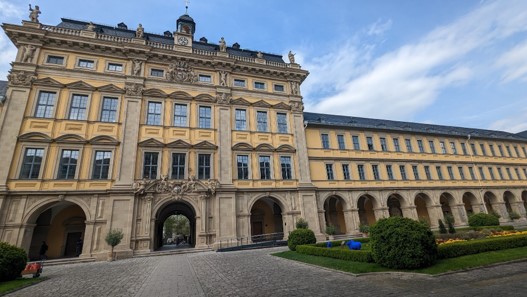
- Hospital created in 1576 by the Prince-Bishop Julius of Wurzburg
- Location includes the hospital and a winery in the cellar
- Lab-based rotation evaluating
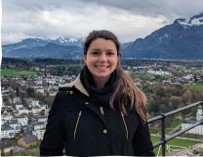
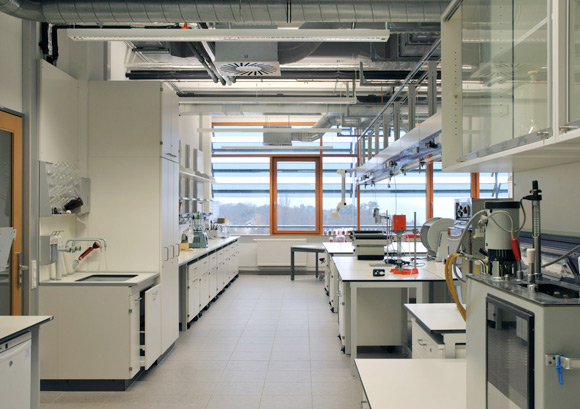
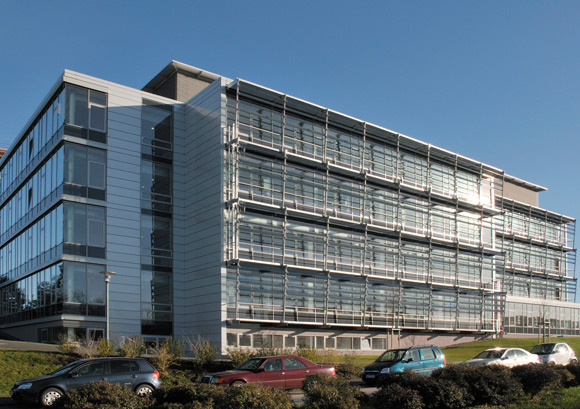
- Introduction to chemistry, biology, and physics
- Medicinal chemistry
- Pharmacology
- Toxicology
- Drug analysis
- Clinical Pharmacy
- Pharmaceutical biology (medicinal plants)
- Pharmaceutical technology (formulations- labs)
- Practical year- two 6 month rotations, can go abroad
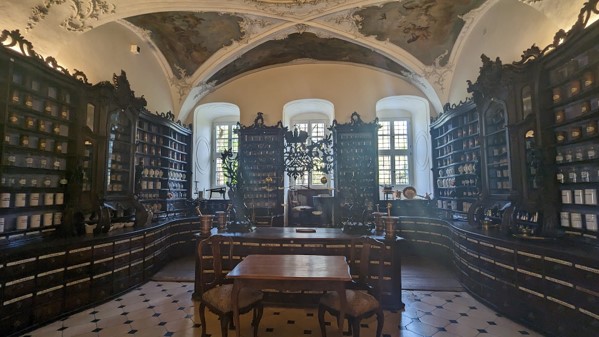
Chau Cathy Le

Affiliated with University of Medicine and Pharmacy
(Bệnh viện Đại học Y Dược thành phố Hồ Chí Minh)
- Primary/ Tertiary care: Three branches
- 1000 beds
- 2 million outpatient visits/year
- 50,000 inpatient/year
- 30,000 surgeries/year

Affiliated with Hanoi University of Pharmacy
(Bệnh viện Đa khoa Xanh Pôn)
- Tertiary care center
- Historical site: founded in 1902 during French colonization
- 600 beds
- 600,000 outpatient visits/year
- 45,000 inpatient/year
- Pharmacists in leadership
- Staff pharmacist
- Specialized pharmacists
- 17 pharmacists : 100 beds
- Verify all orders before dispense
- Organize journal clubs, grand rounds for current updates
- 36 clinical pharmacists in high demand departments
- Outpatient pharmacists
- Verify high risk orders before dispense and all other orders after dispense
- Attend morning briefing
- 5-6 clinical pharmacists overseeing different groups of departments
- Outpatient pharmacists
- Drug storage pharmacists
- Write drug information articles
- Attend morning briefing
- Organize “Đầu ngành” (cutting edge) event for education
Support CIPER
To support international education and research for global health in low-resource counties through Skaggs School of Pharmacy and Pharmaceutical Sciences Committee on International Pharmacy Education and Research (CIPER).
